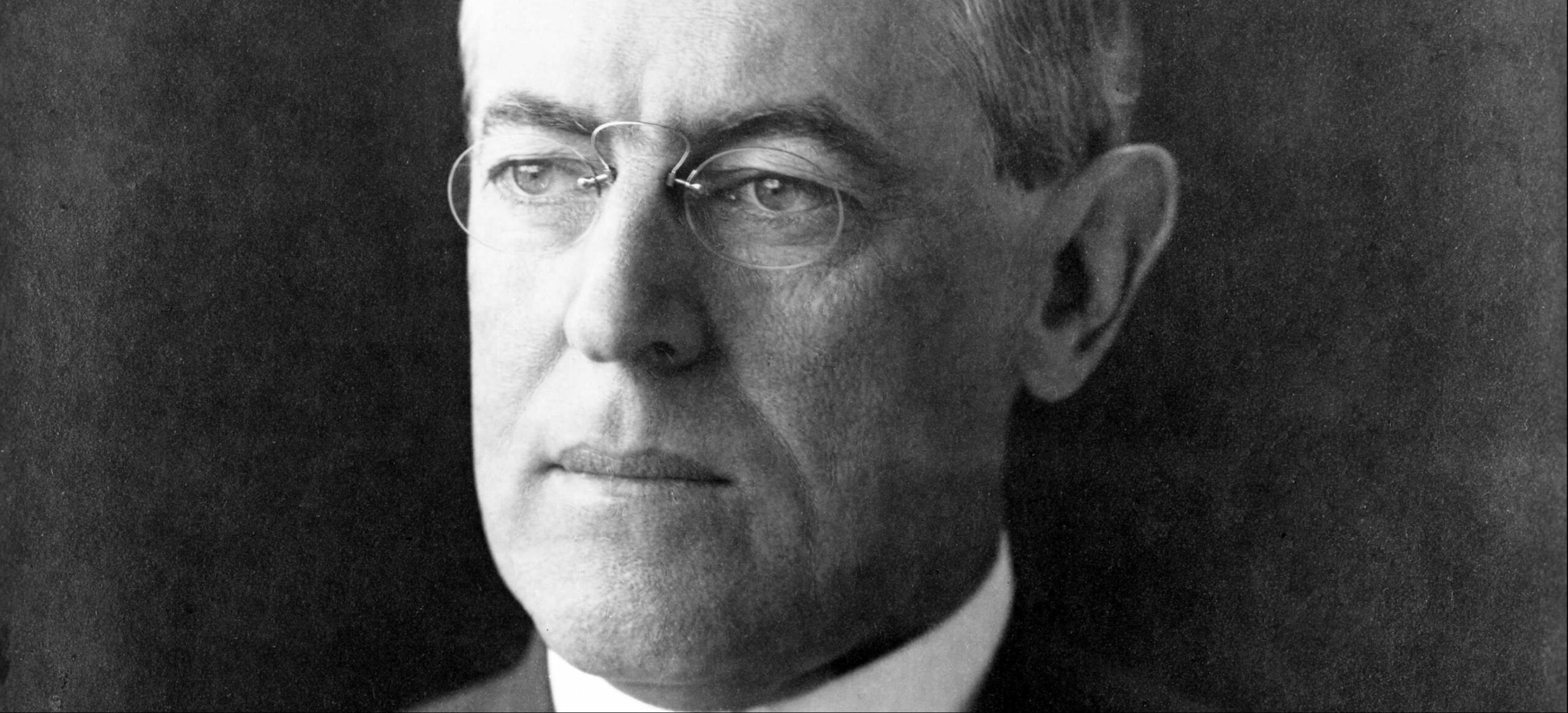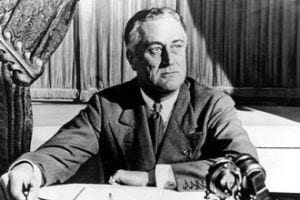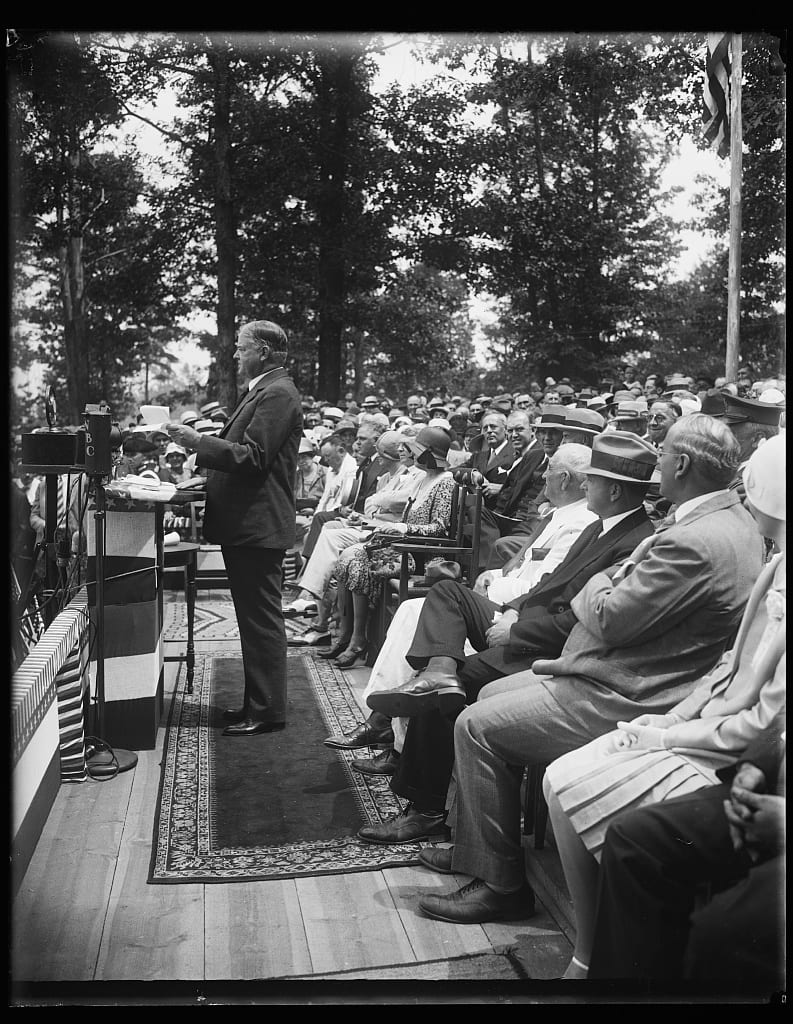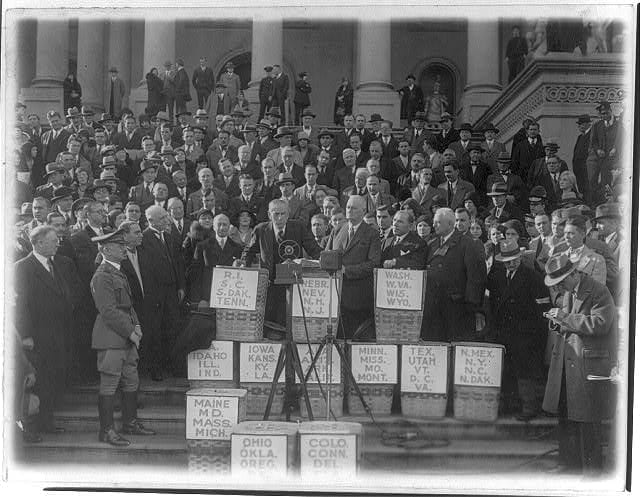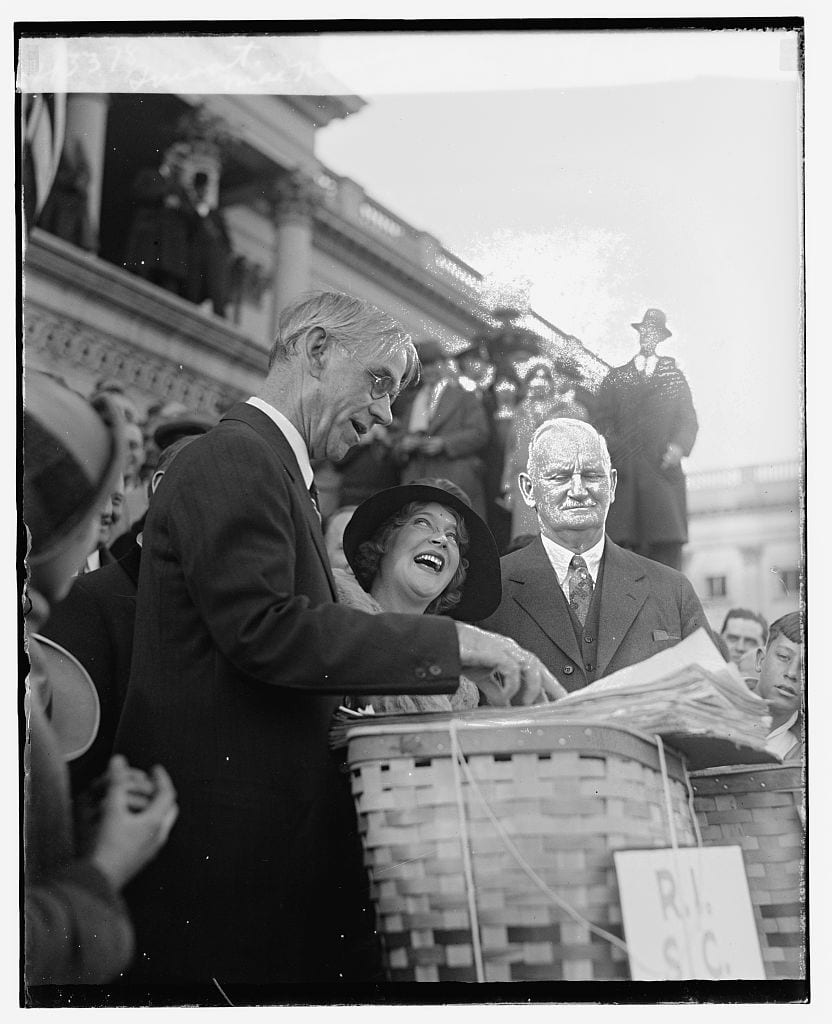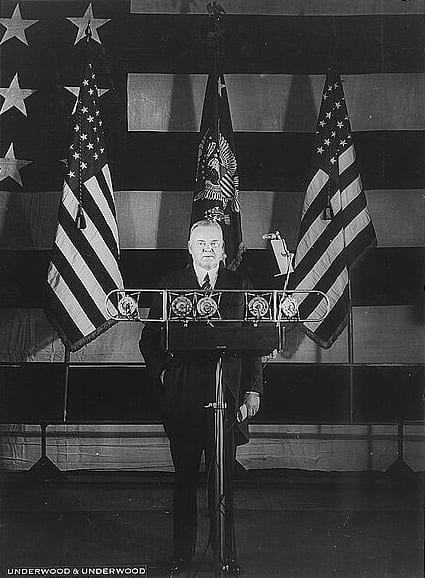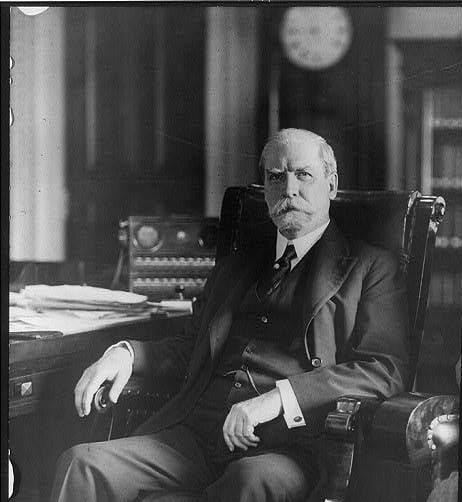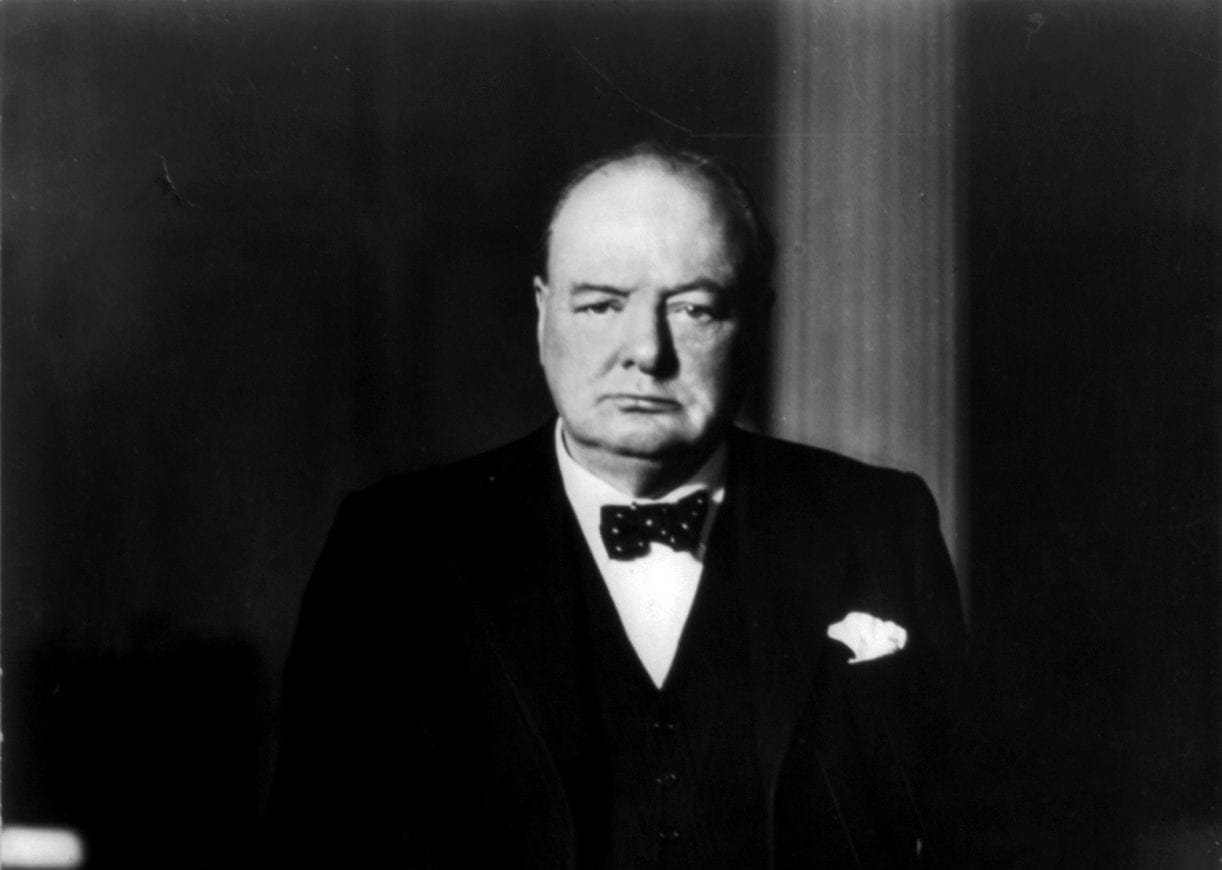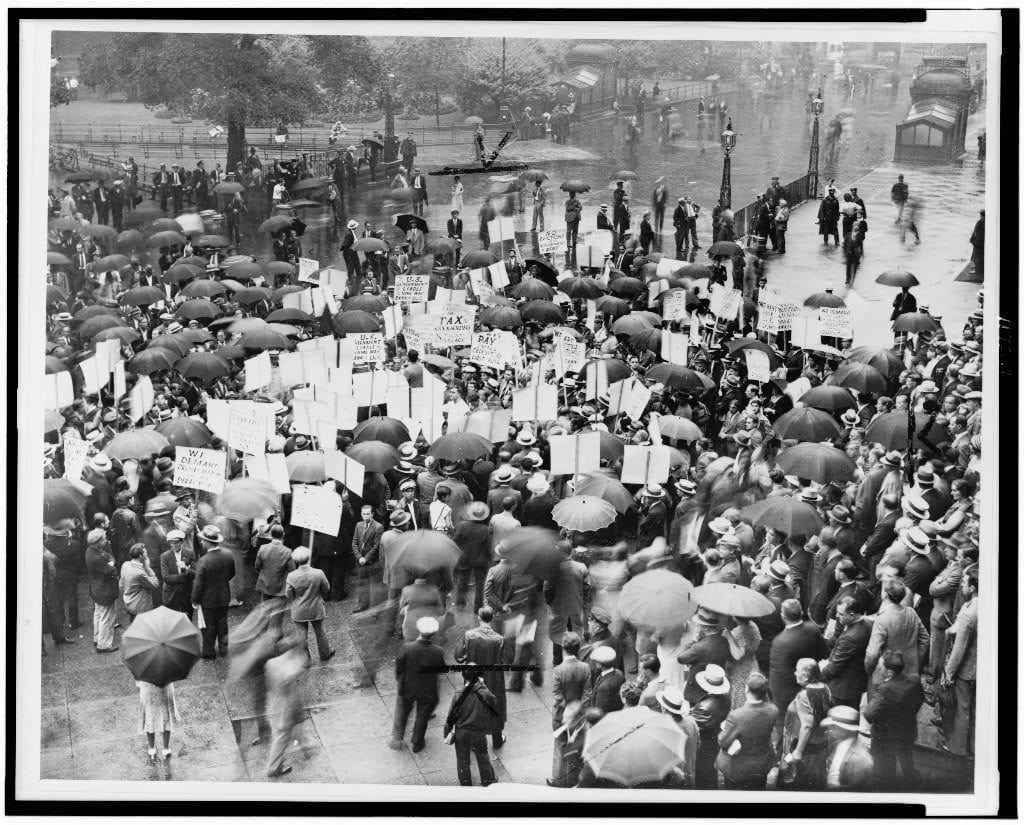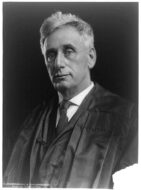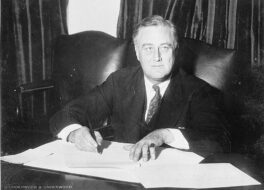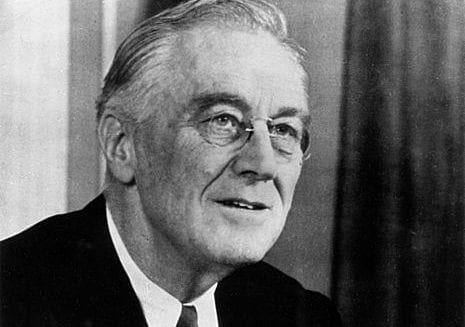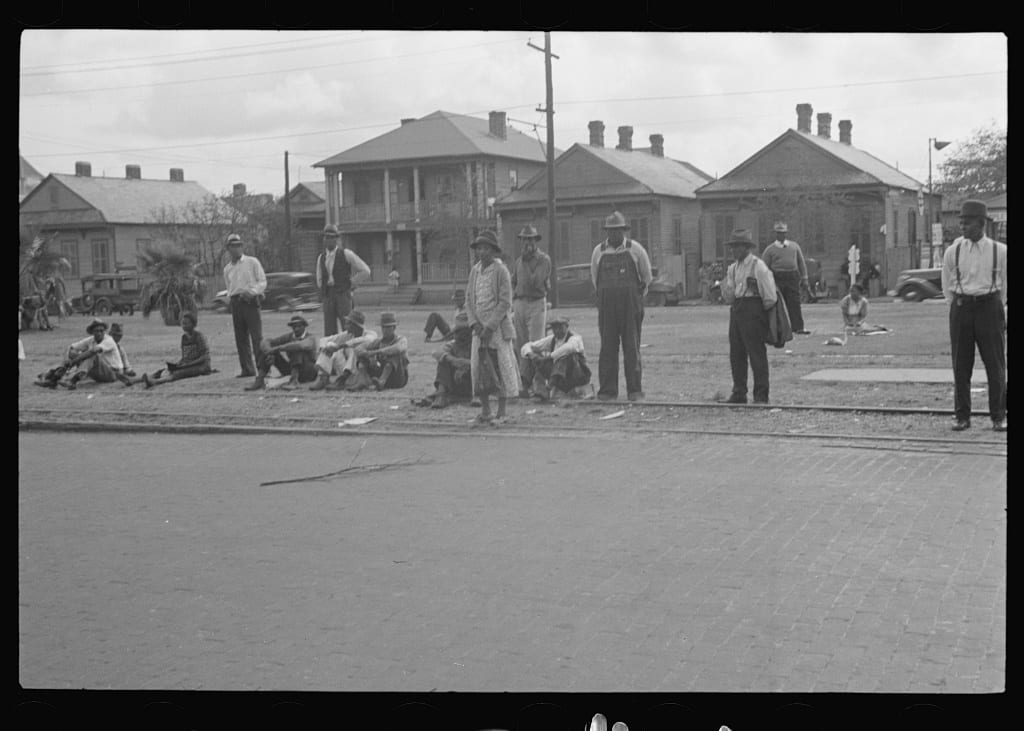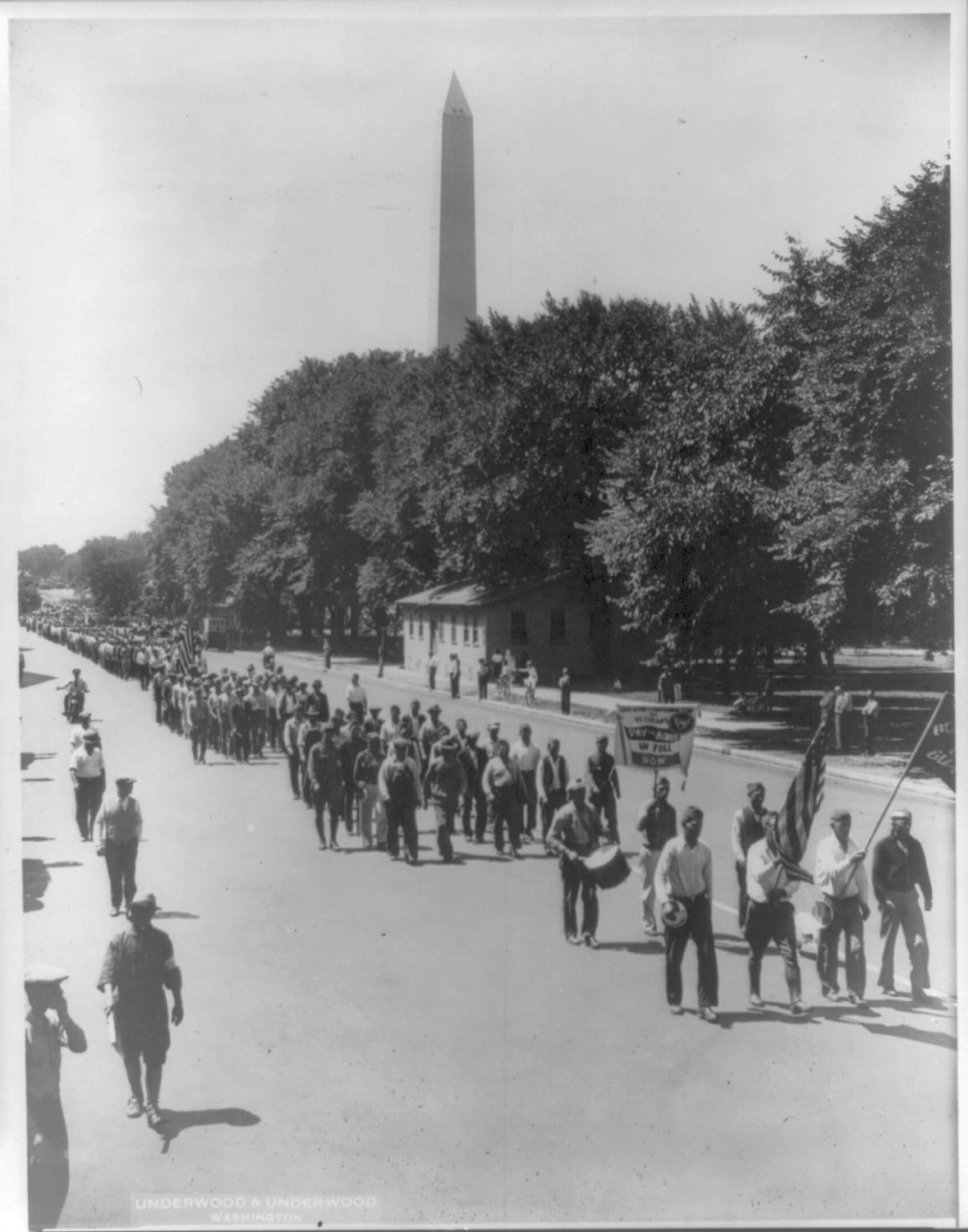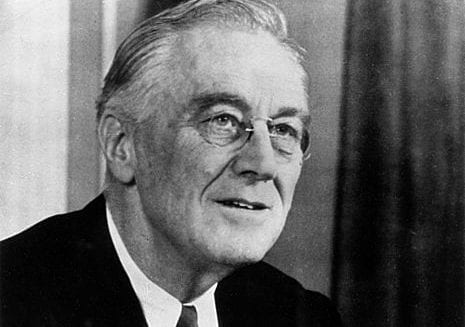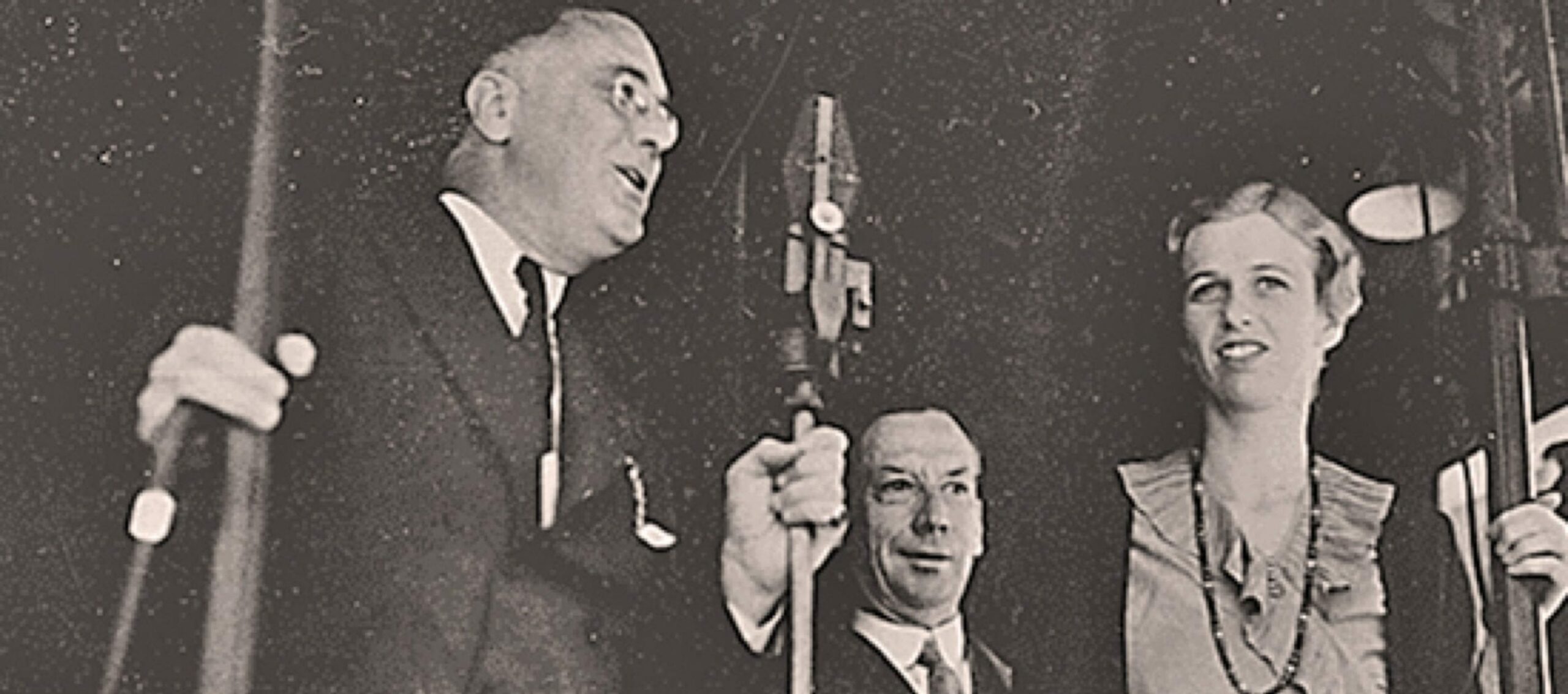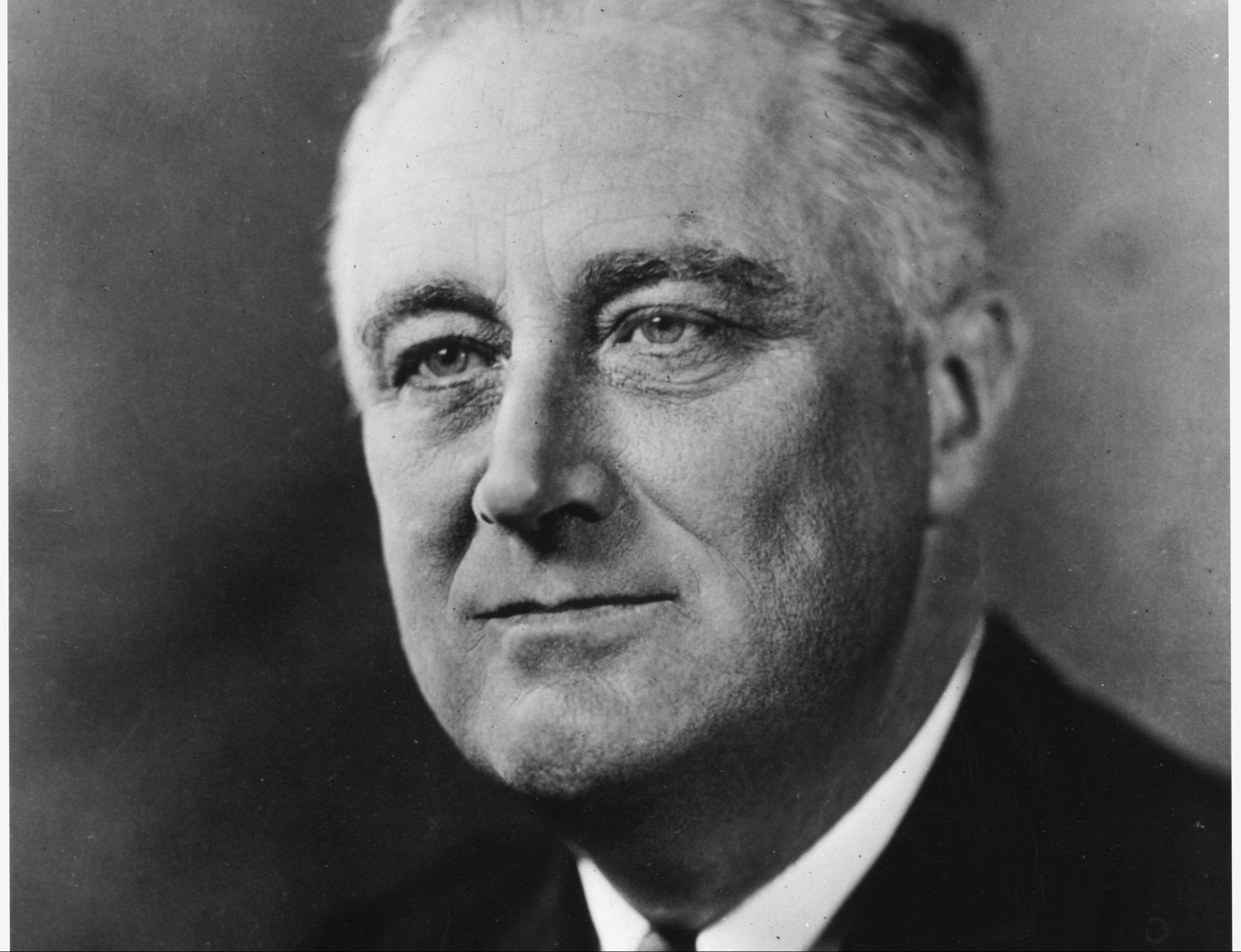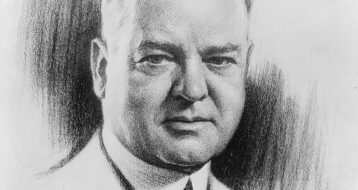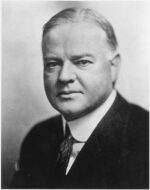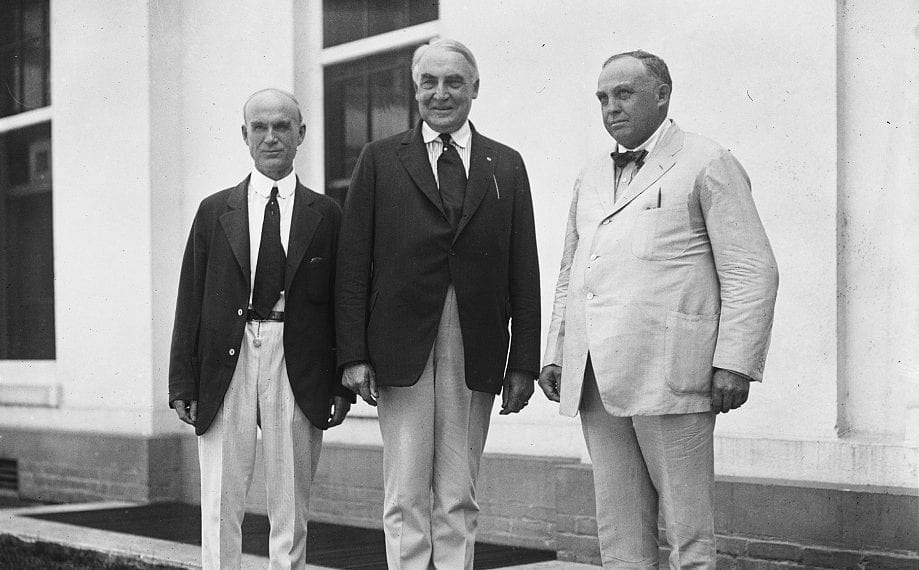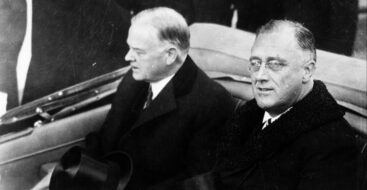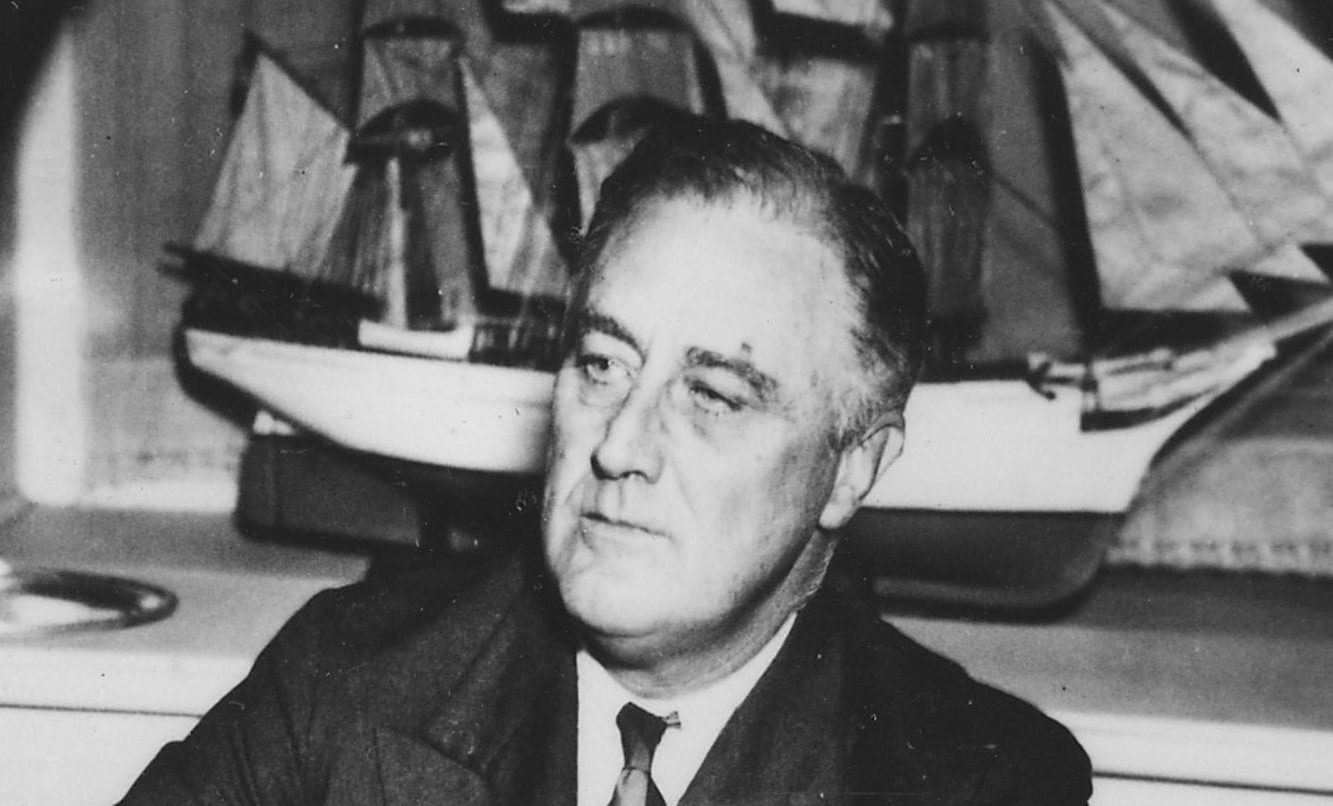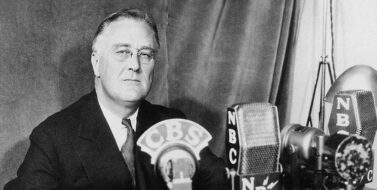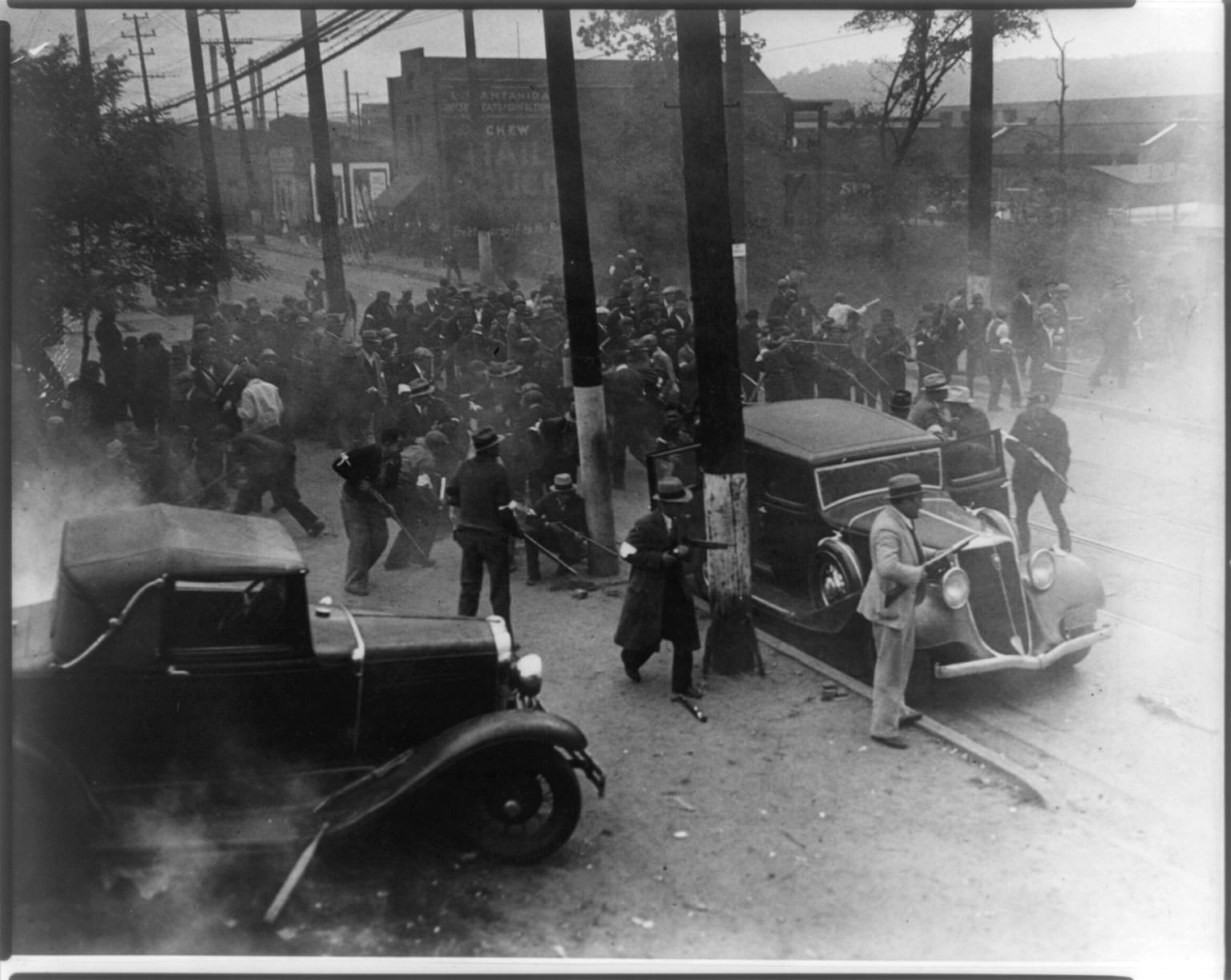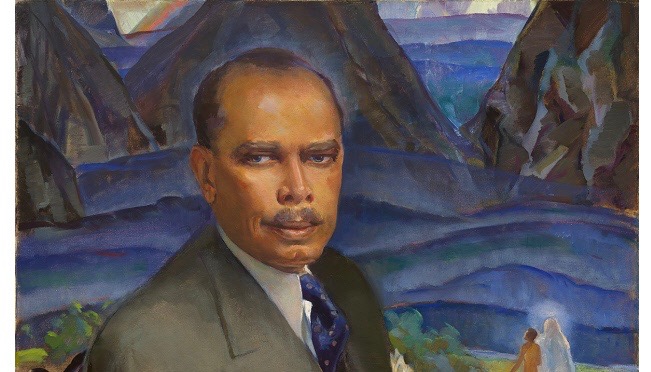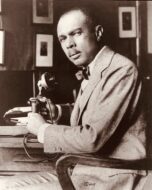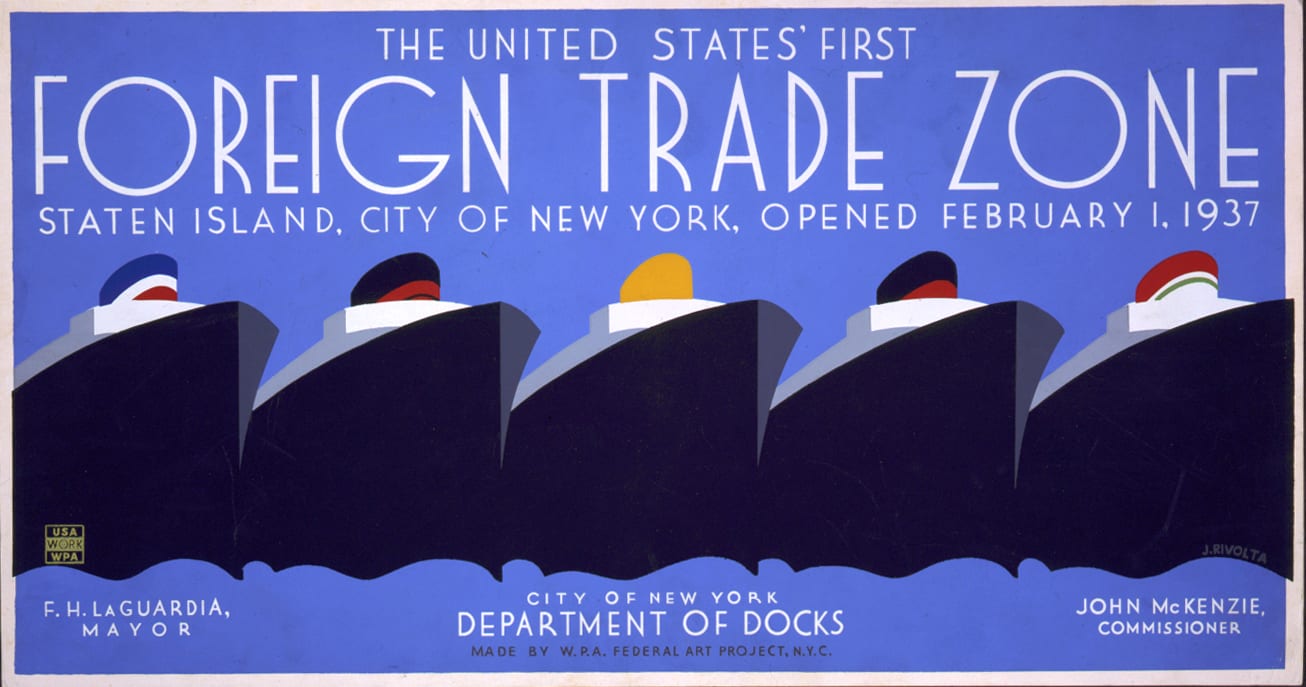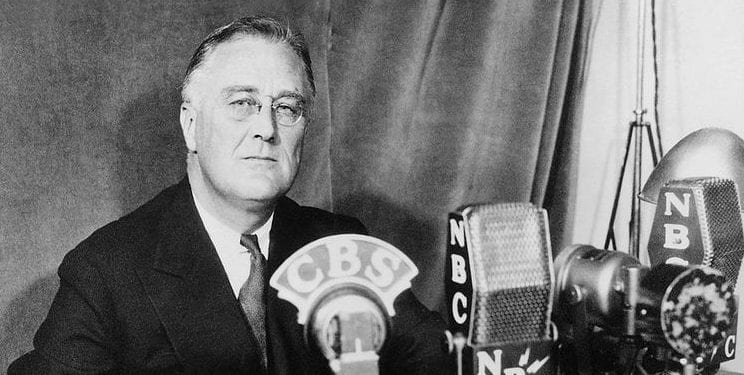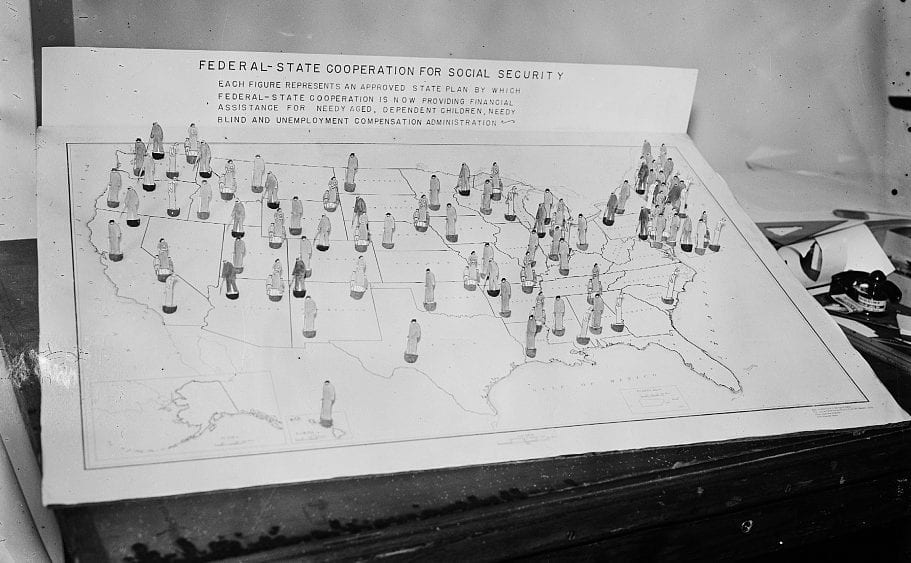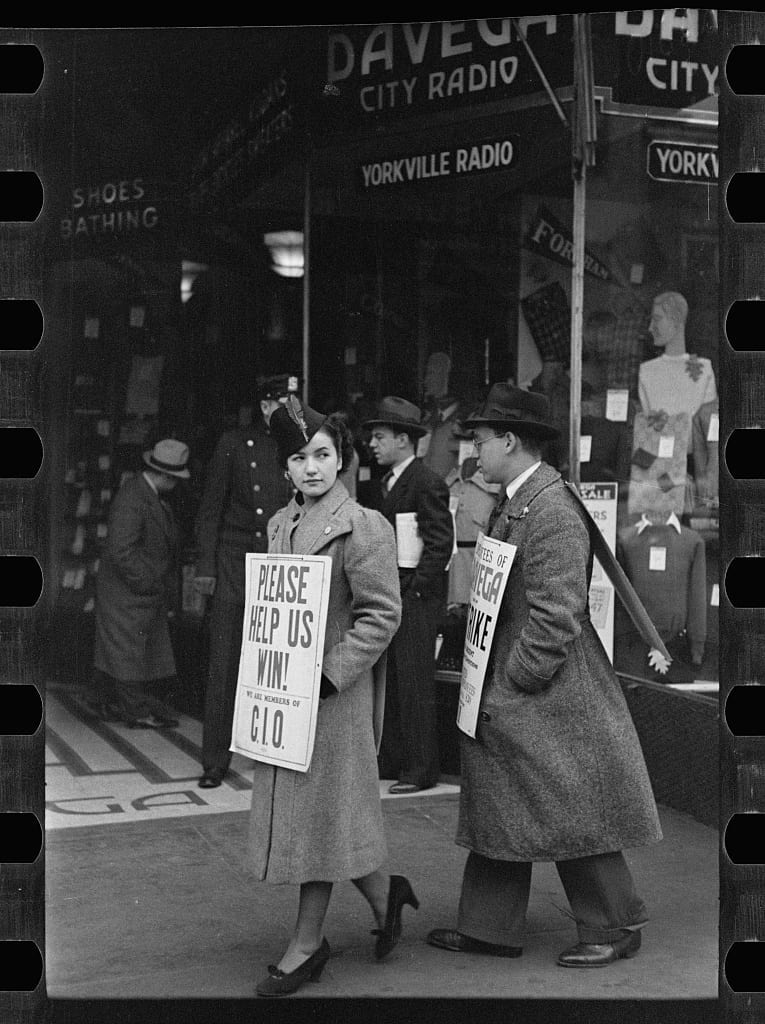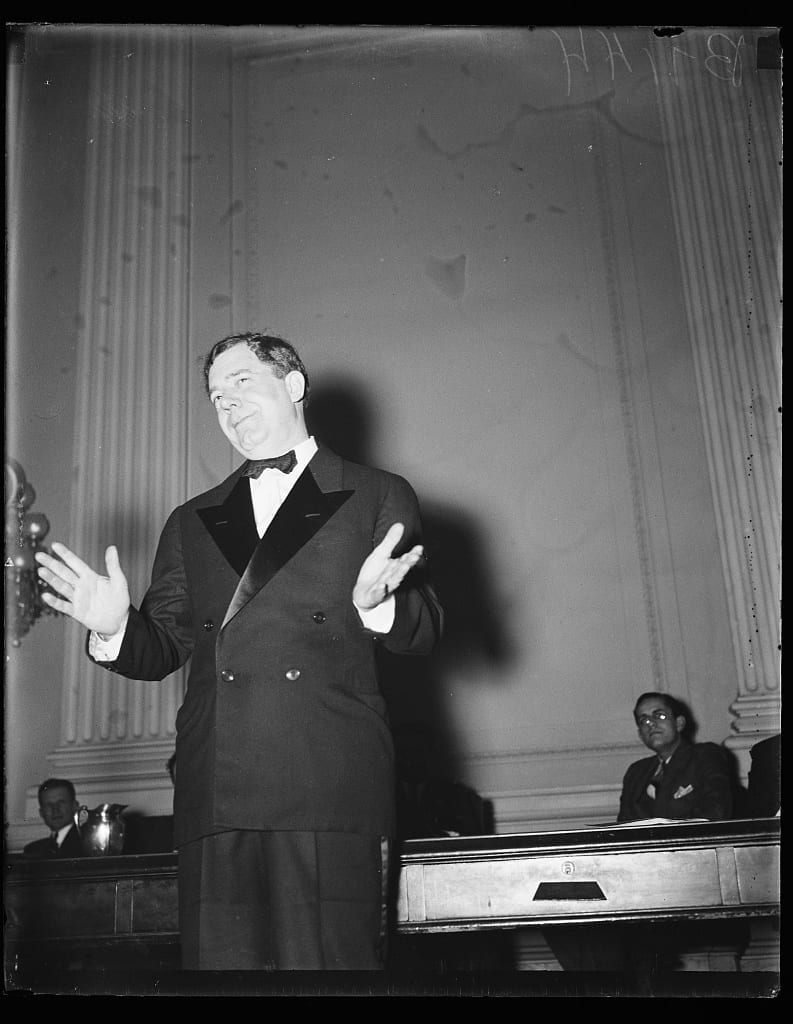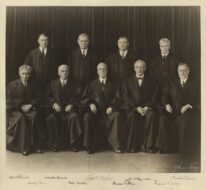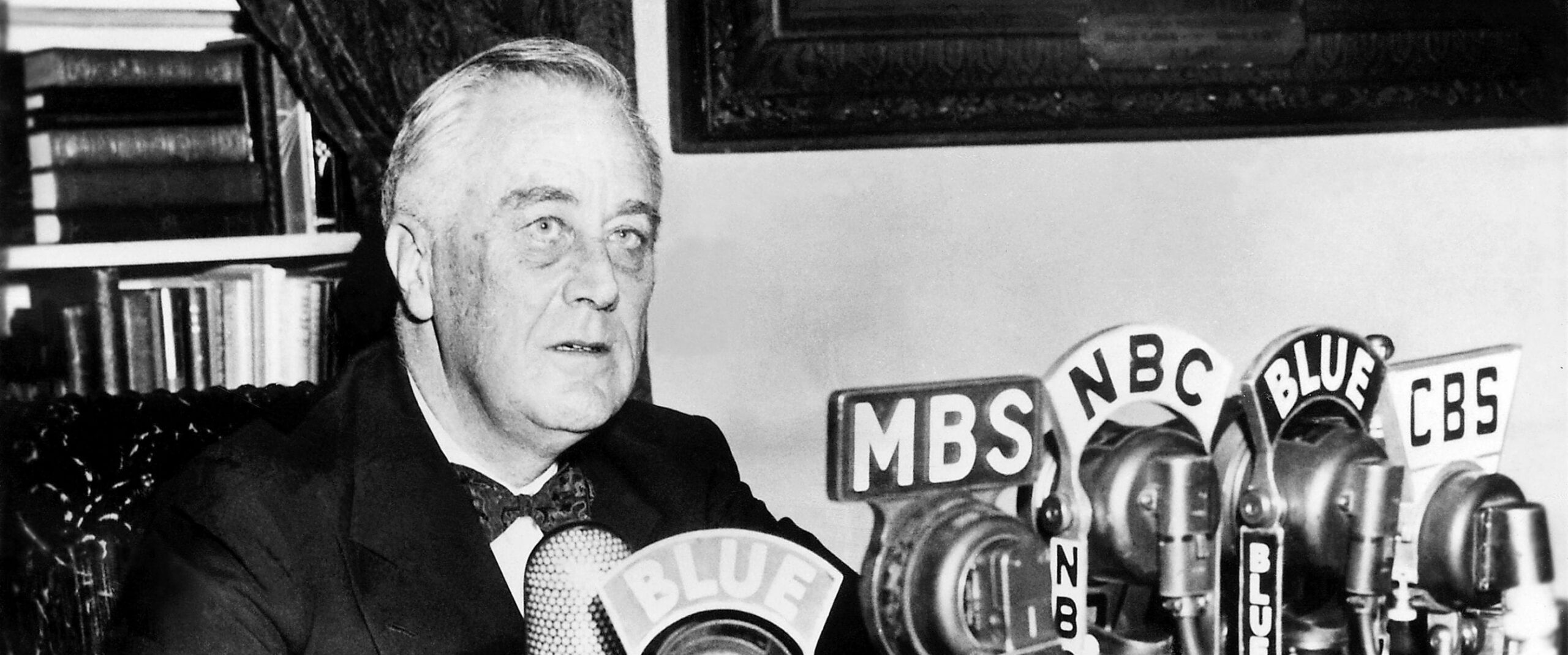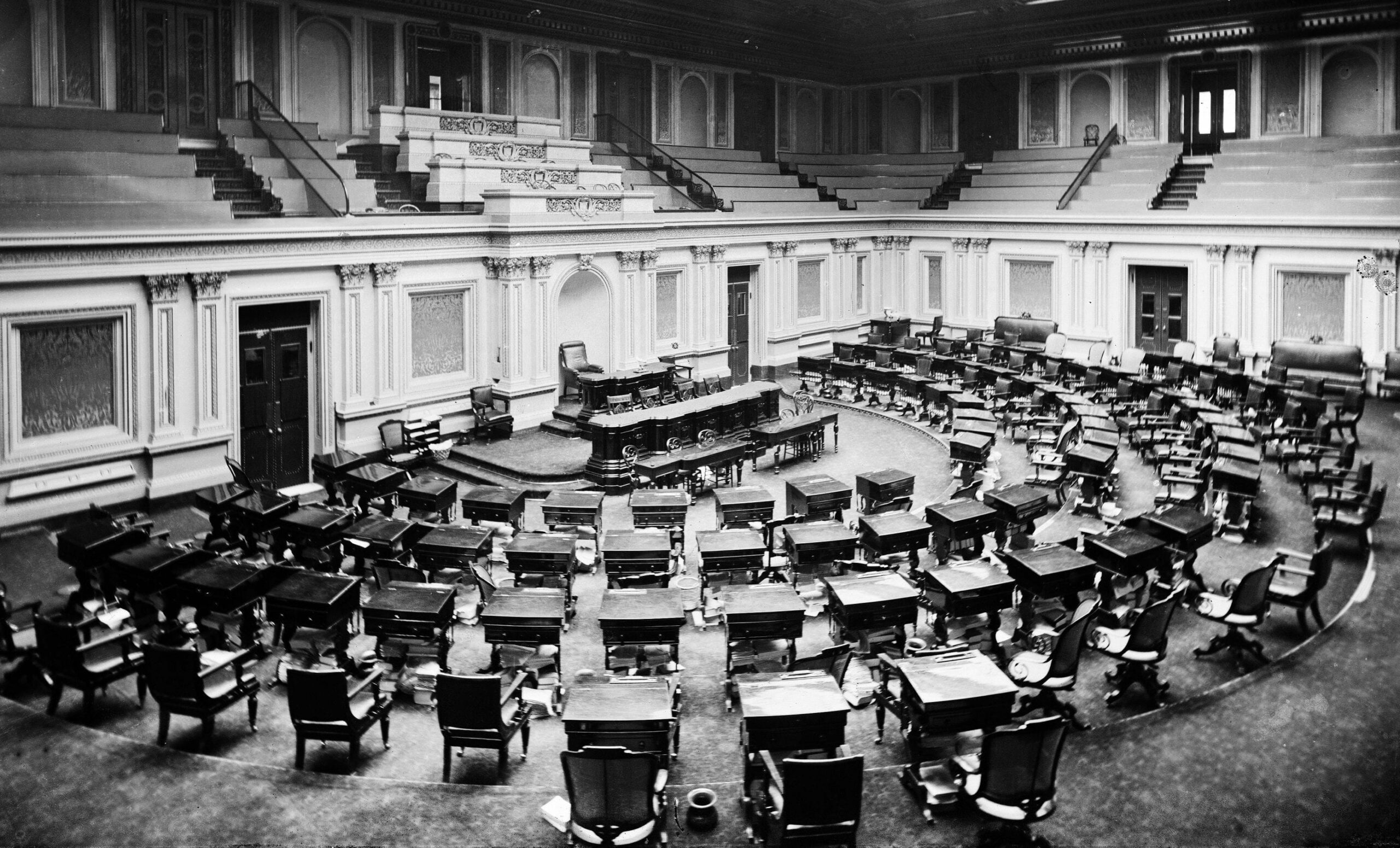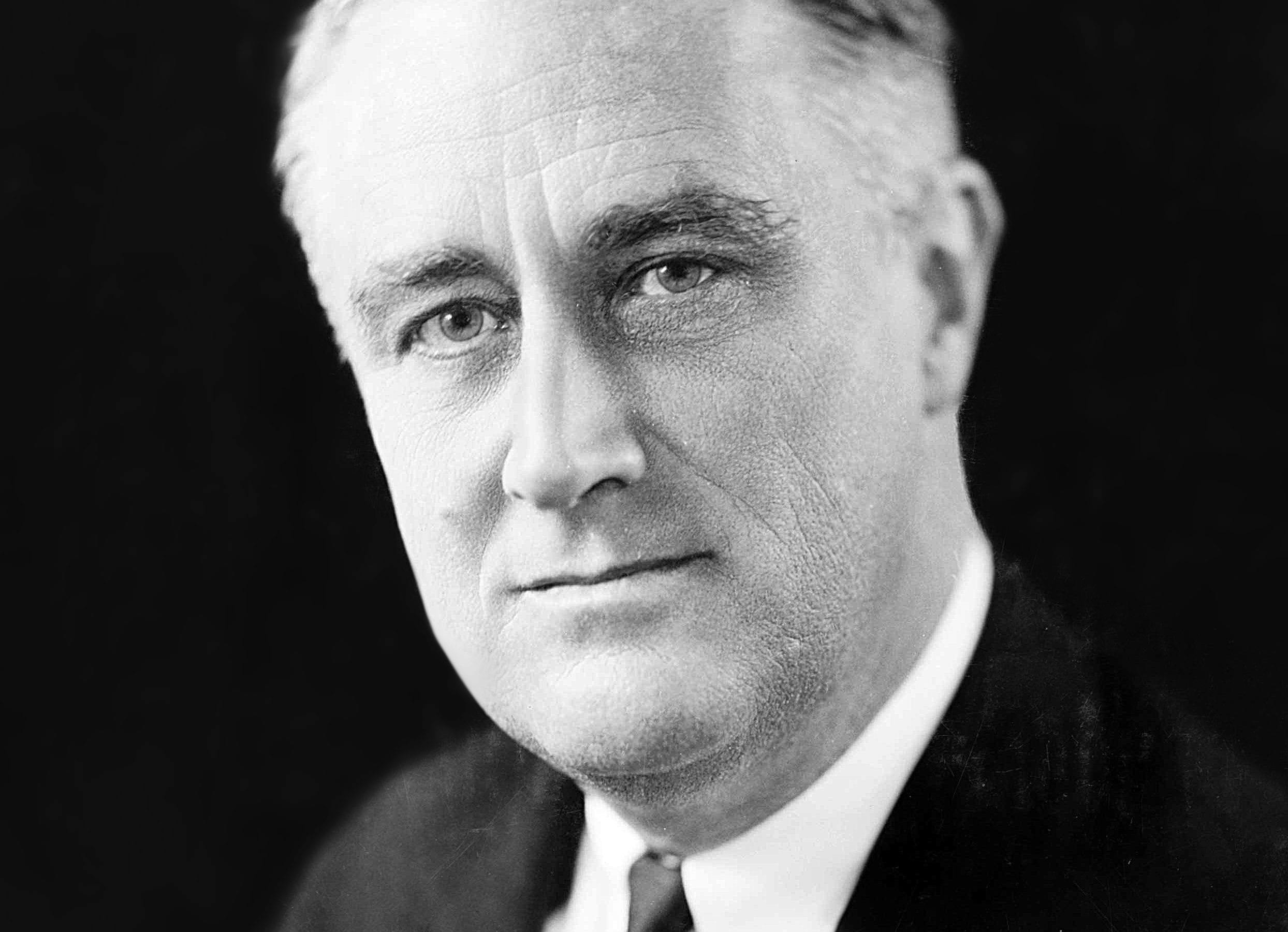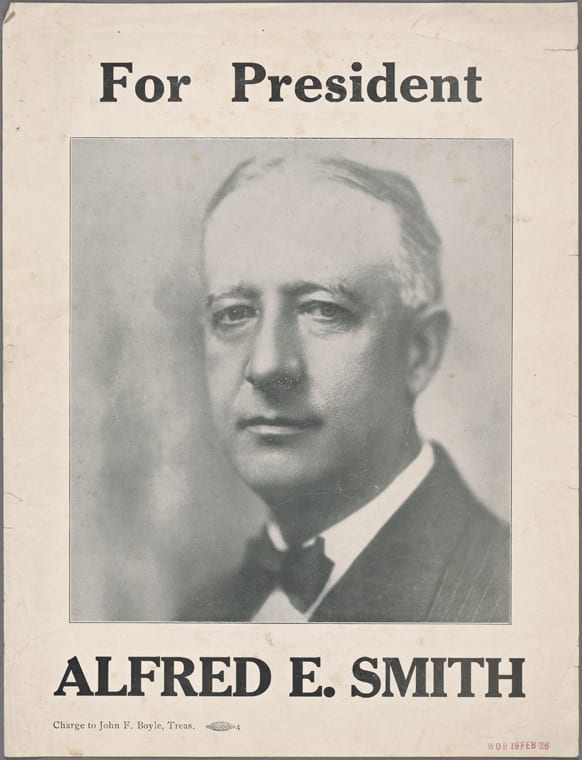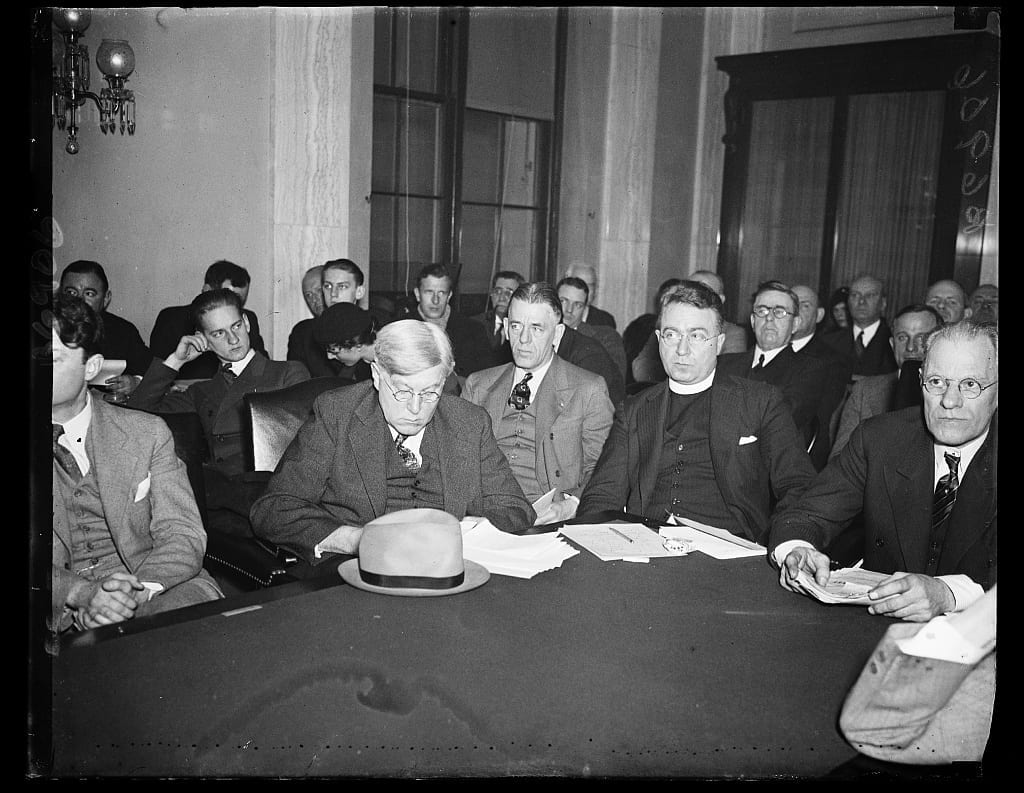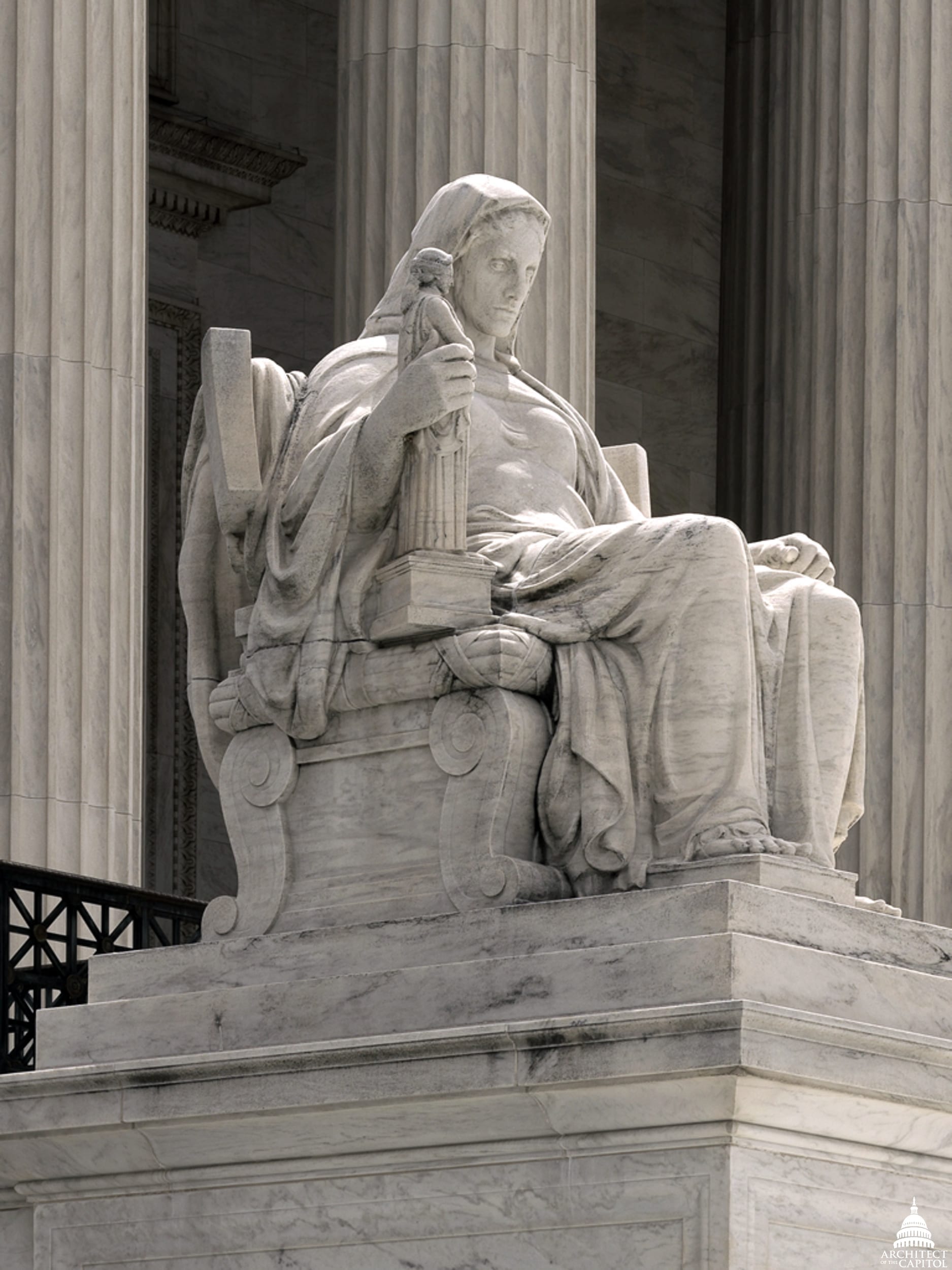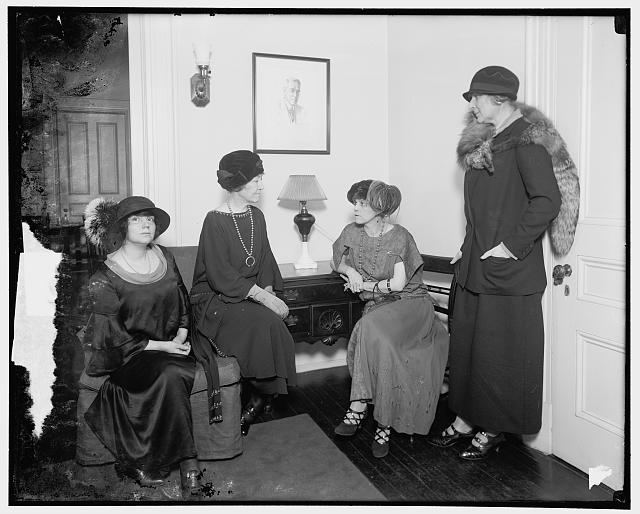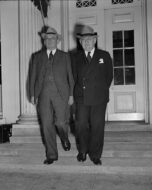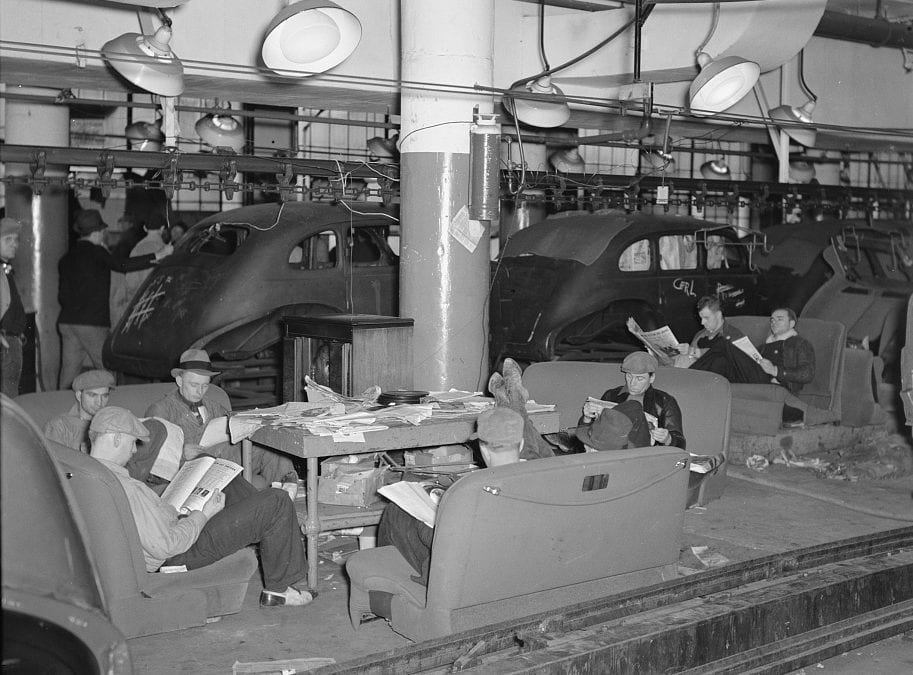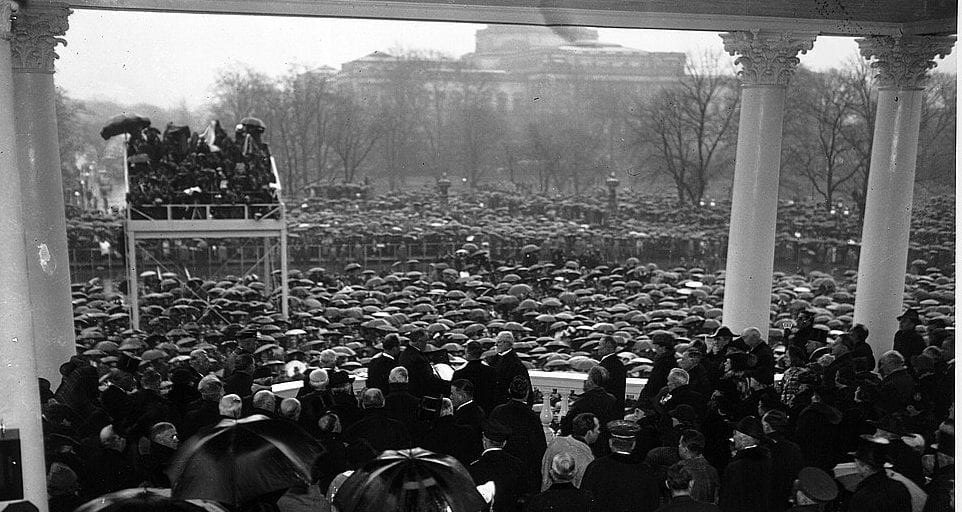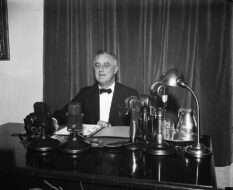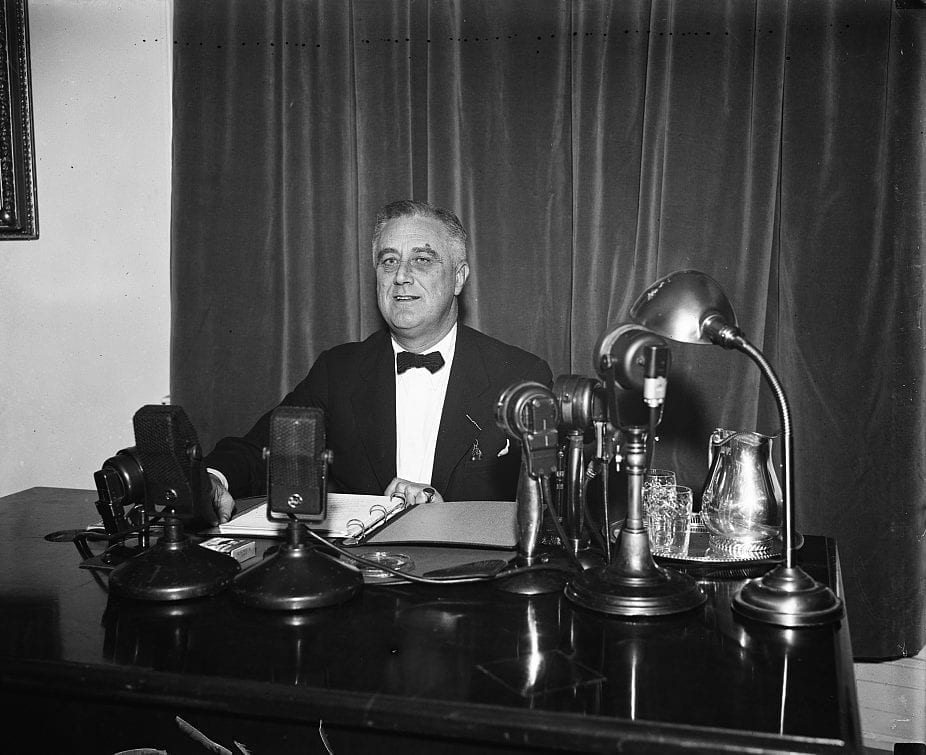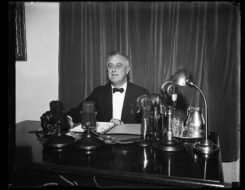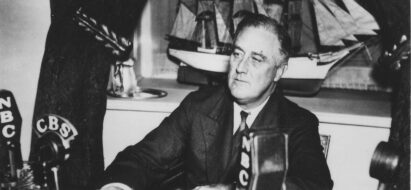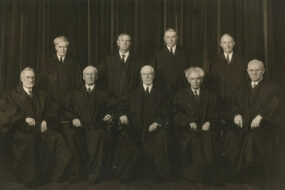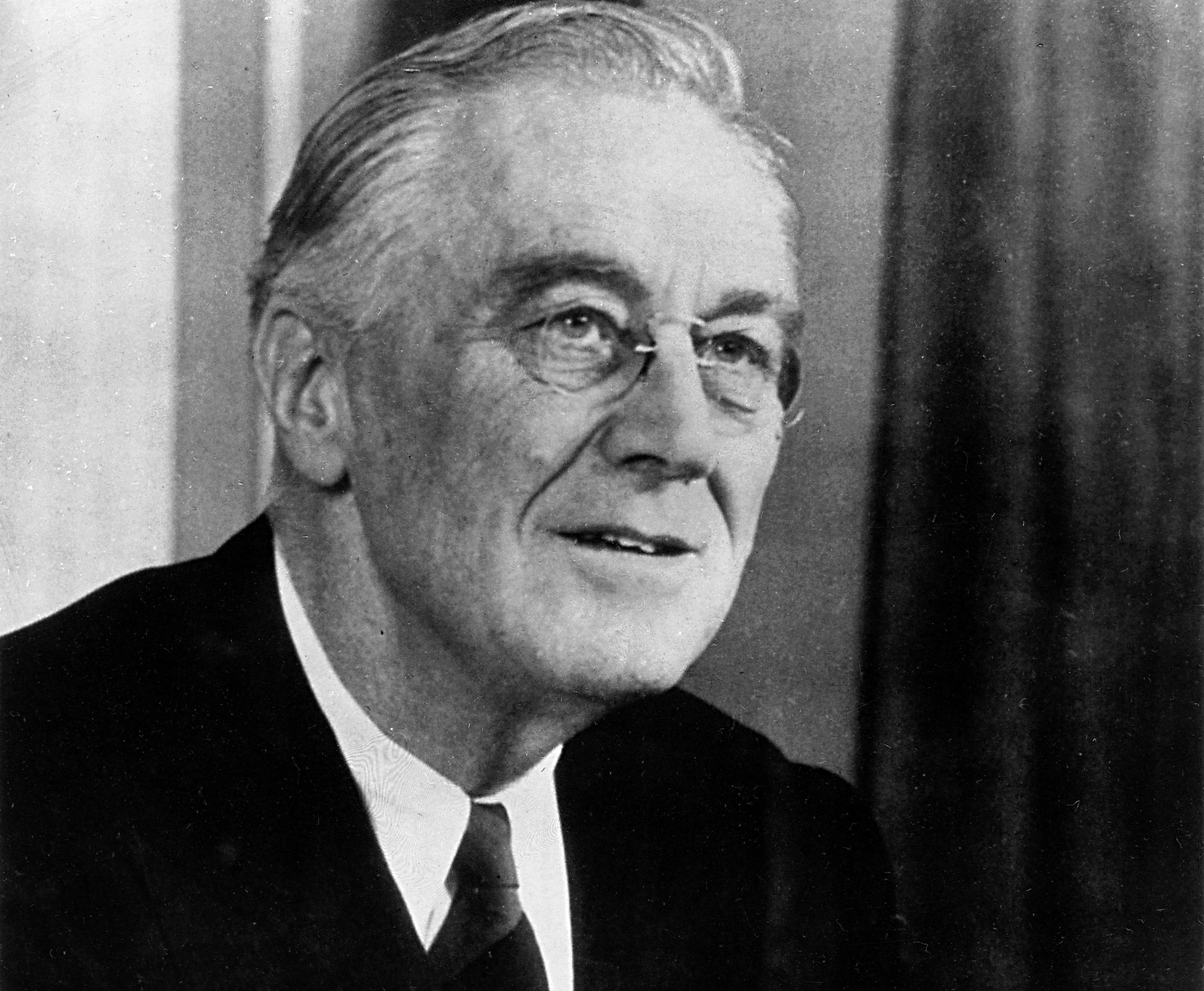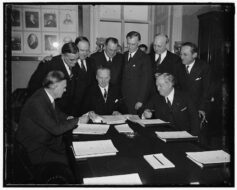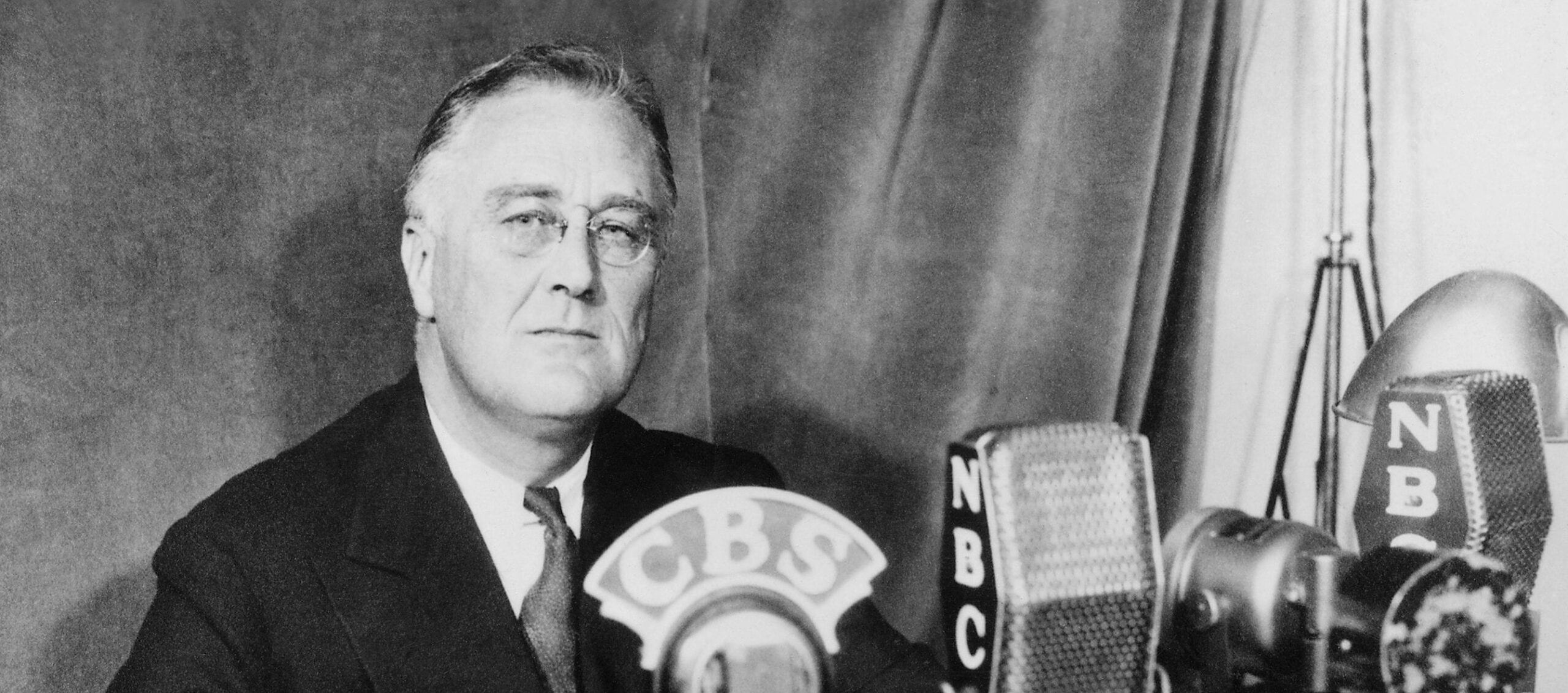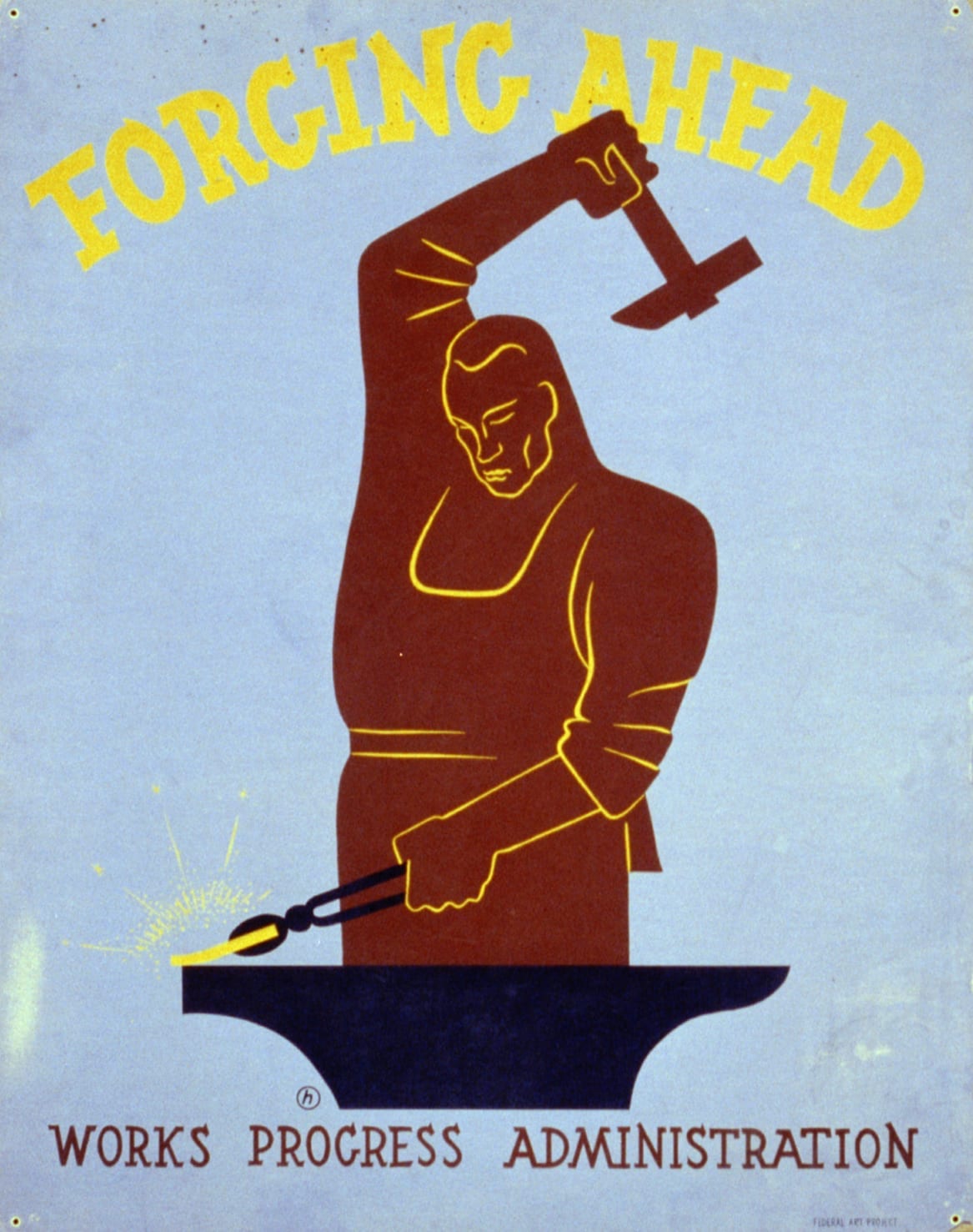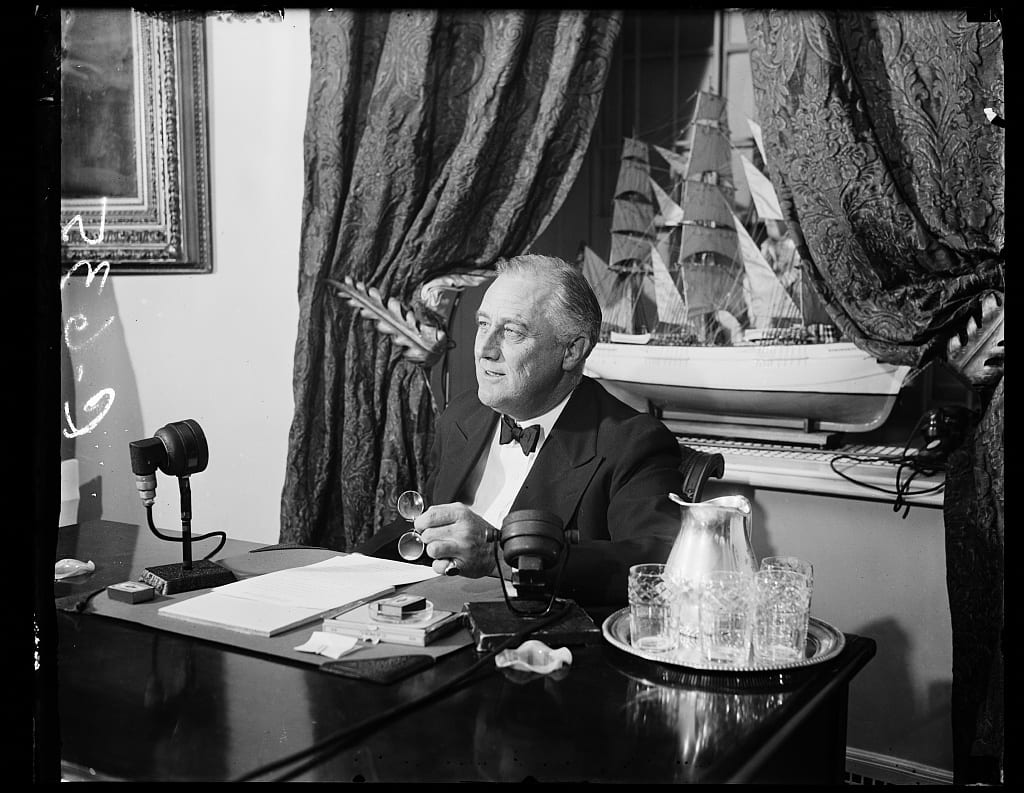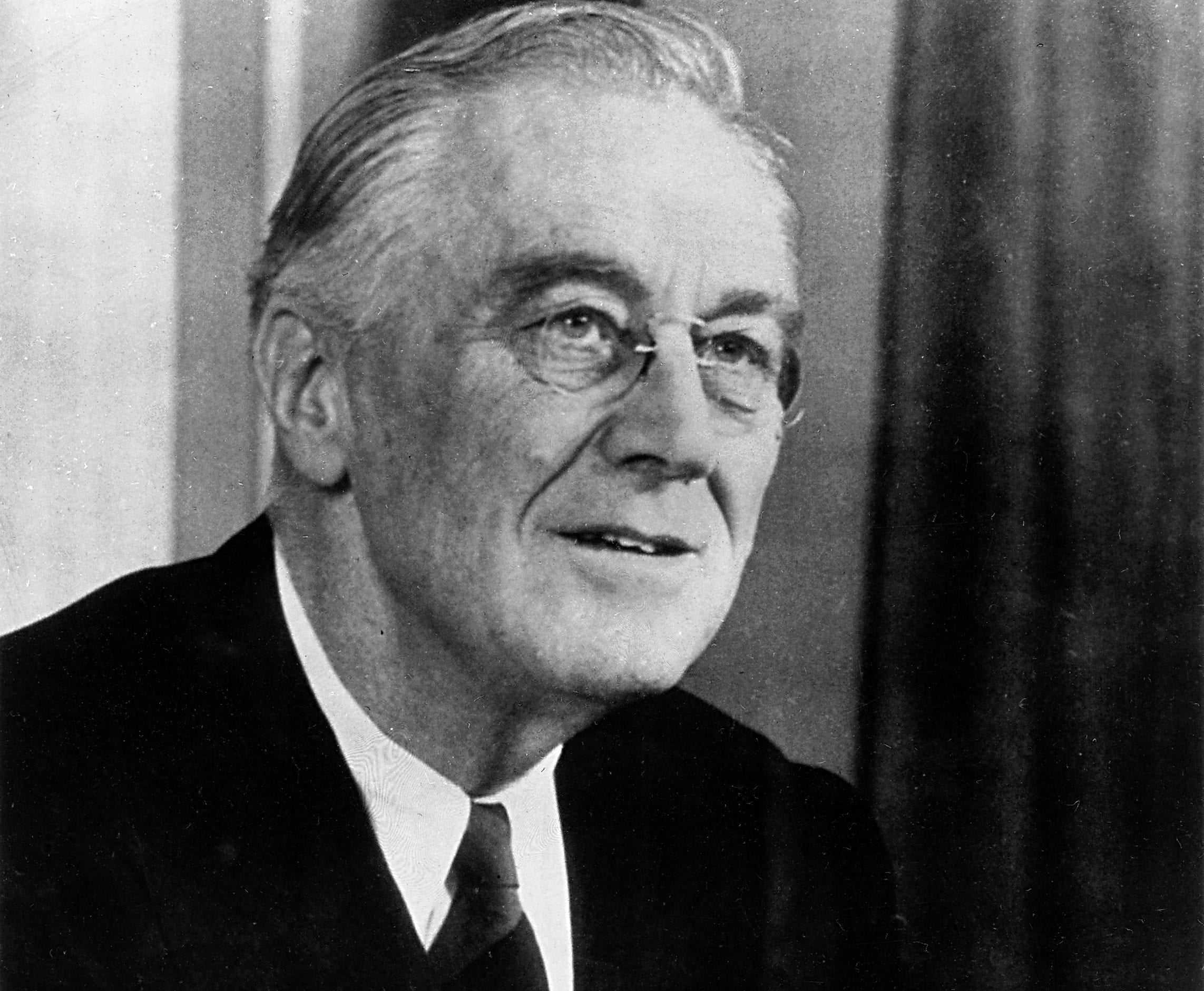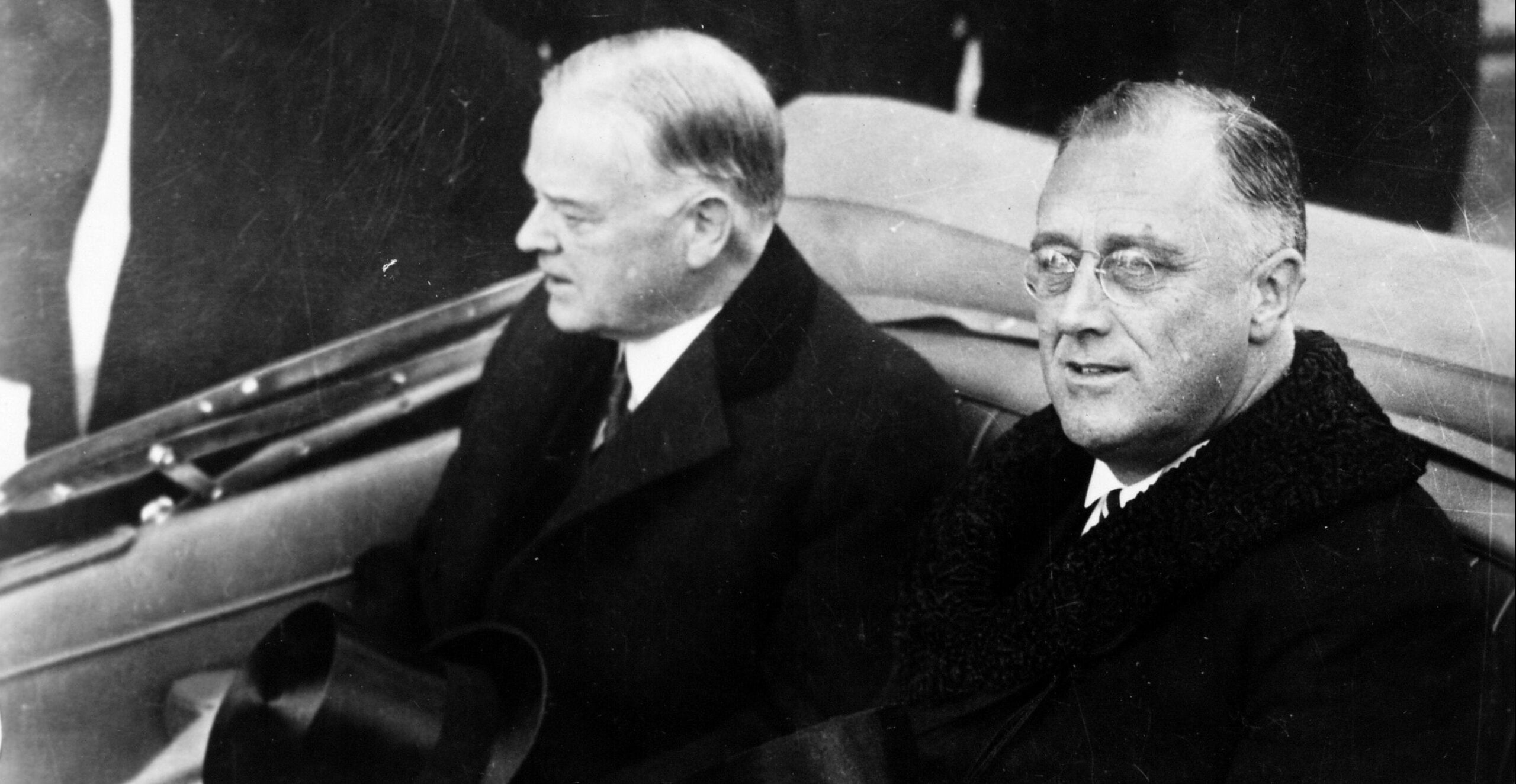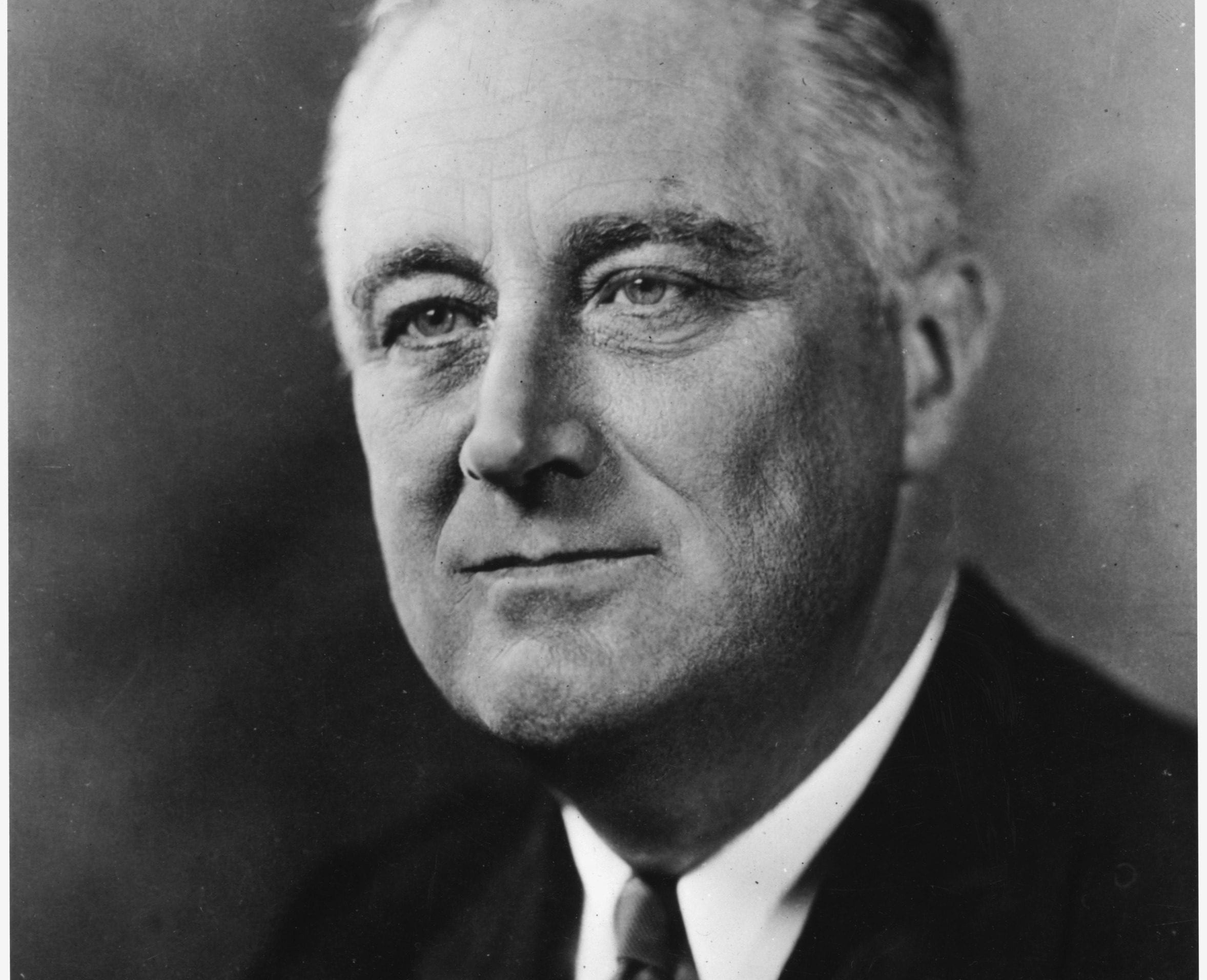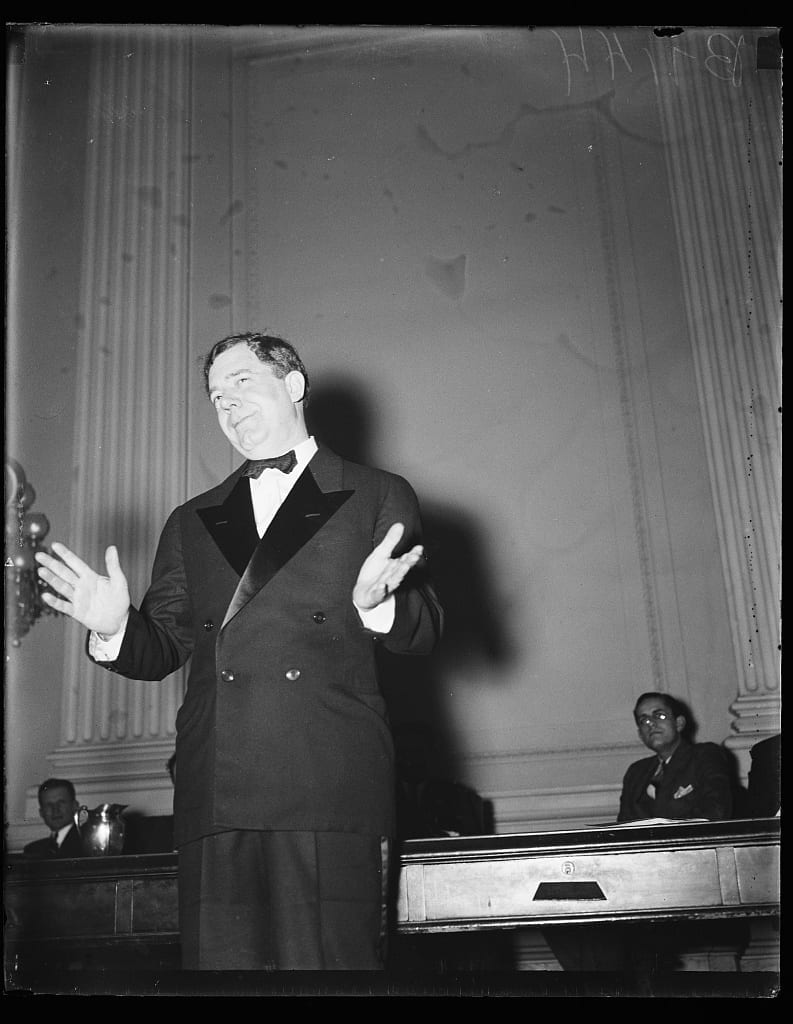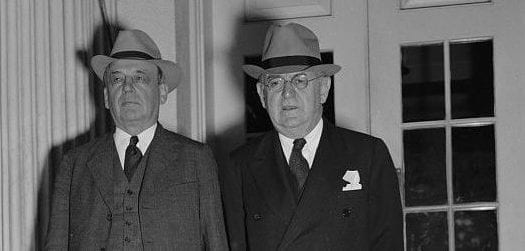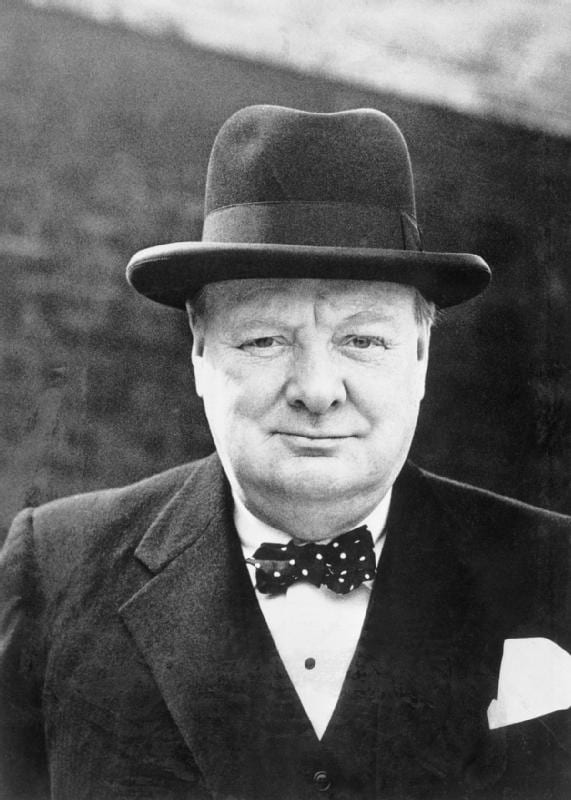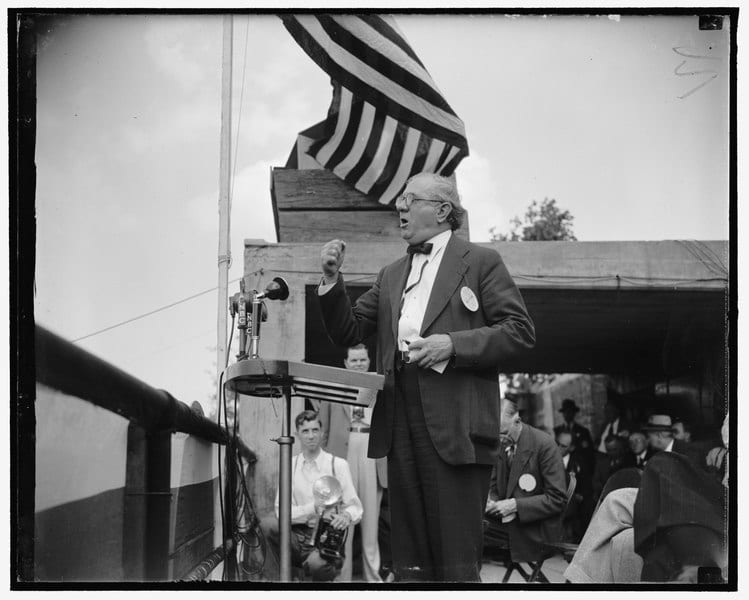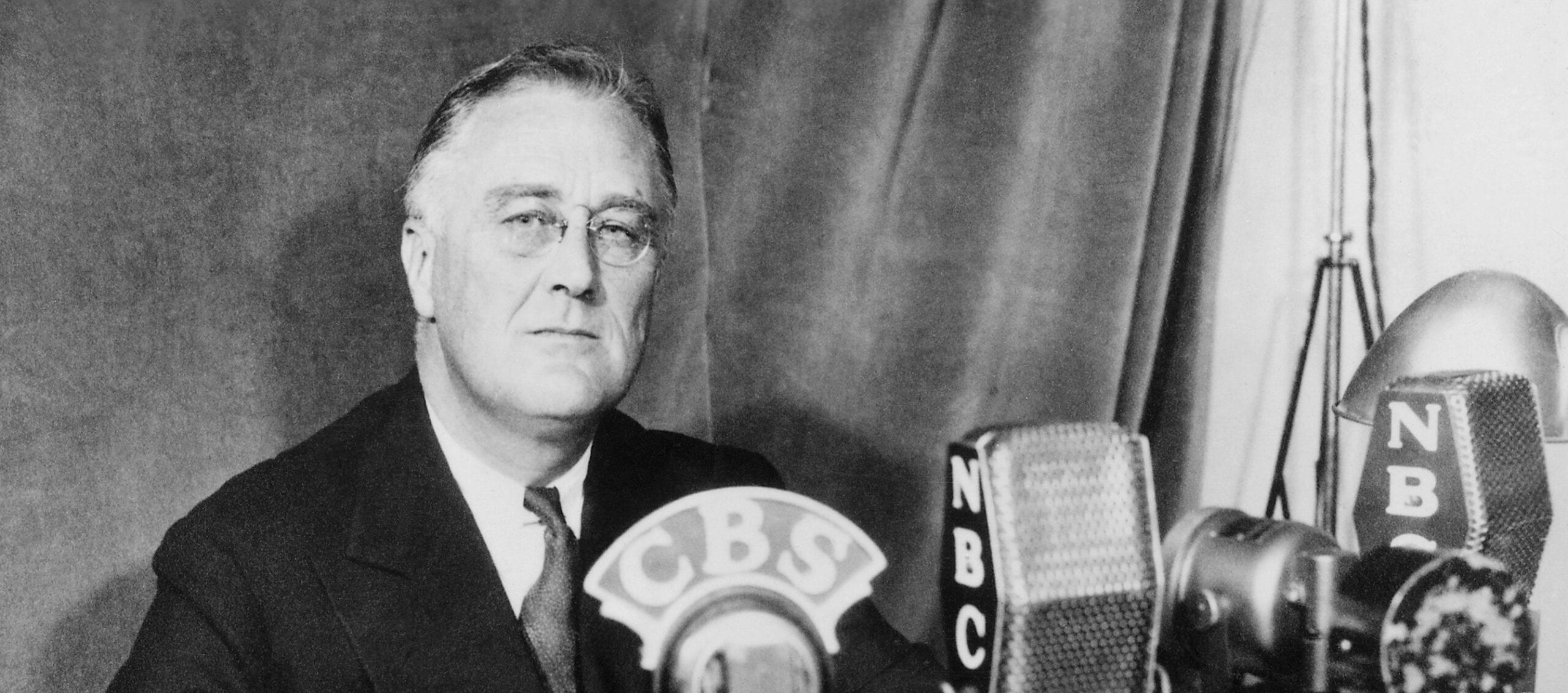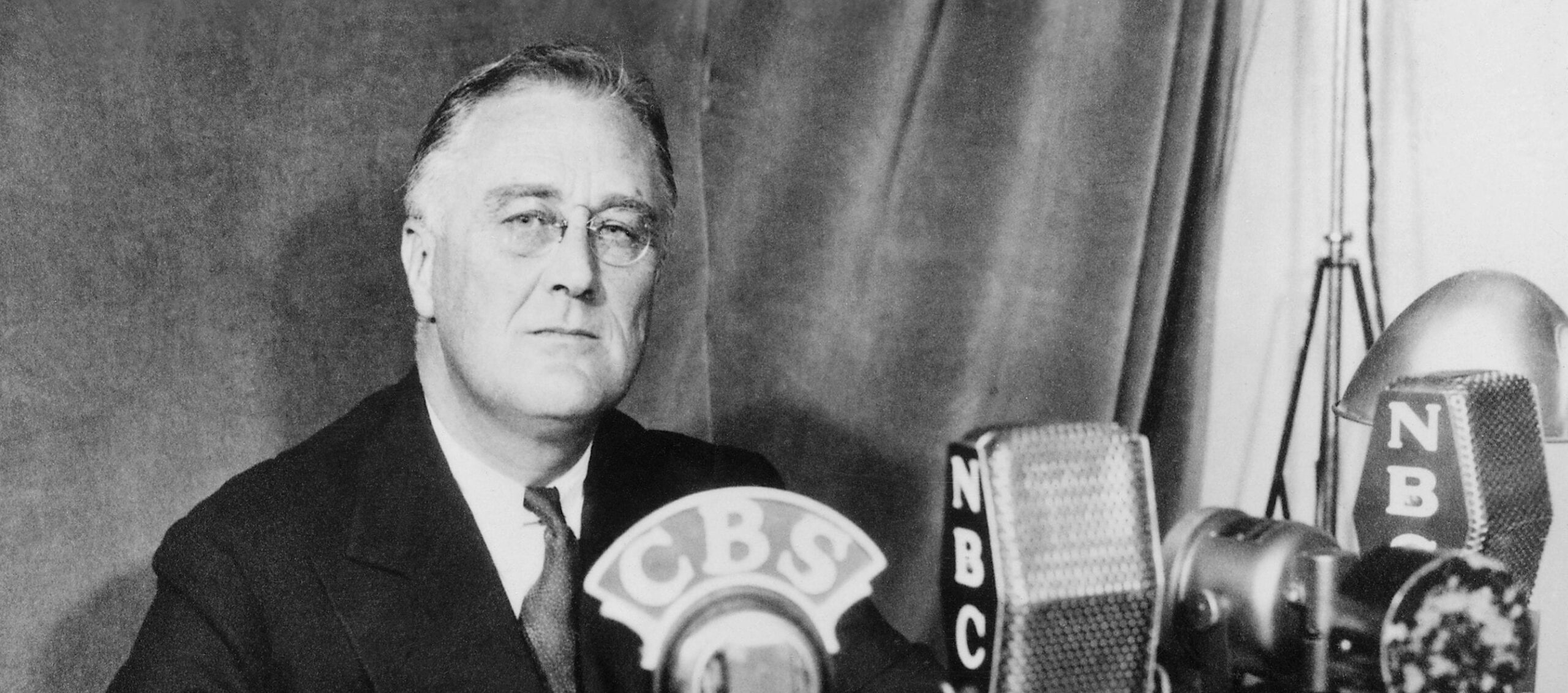

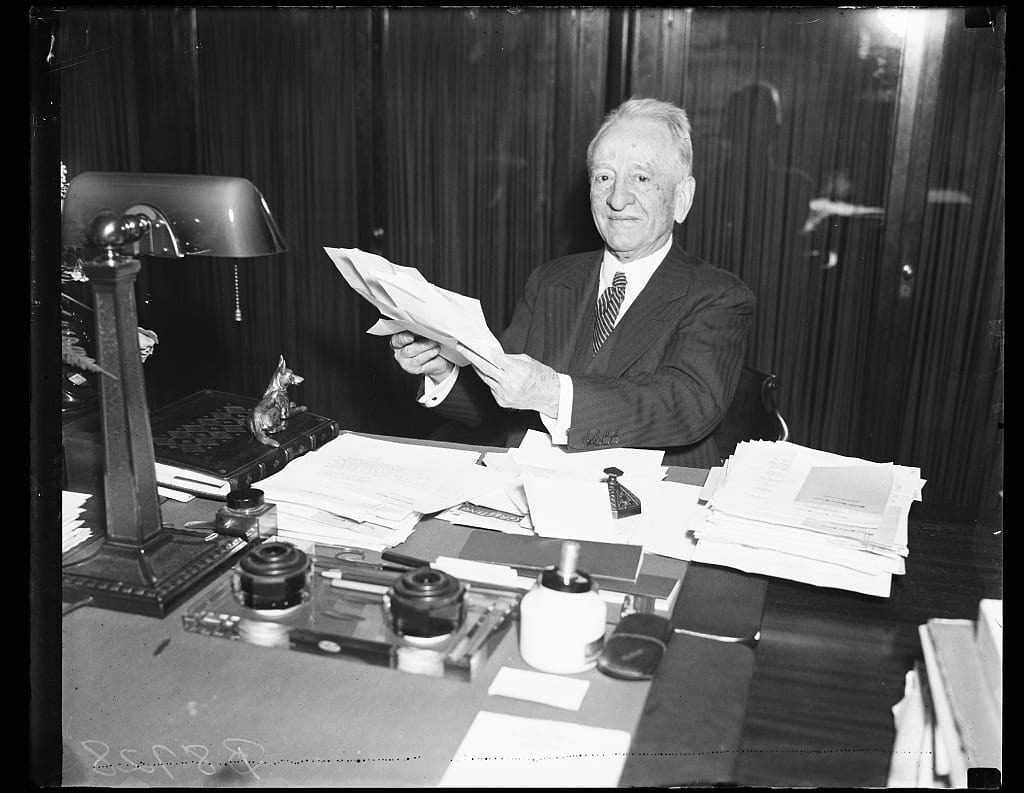
No related resources
Introduction
Given that Congress had given him just about everything he had asked for during his first term, President Roosevelt did not expect the furor that resulted from his judicial reorganization plan. There was token resistance from the Republicans, but there were so few of them left in Congress that they hardly mattered. He was shocked, then, when members of his own party lined up to attack what they called the “court-packing” plan. Although Roosevelt had defended the reorganization on the grounds that it would make the Court more efficient, everyone understood what the president’s real motives were. Moreover, he had taken the congressional leadership for granted, failing to involve them in the drafting of the bill. To many, the whole affair had the appearance of a royal proclamation, placed before Congress for a rubber stamp of approval. The following radio address by Sen. Carter Glass (D-VA) was typical in suggesting that the president was behaving like a dictator.
The Judicial Procedures Reform Act was defeated in the Senate by a vote of 70 to 20. It was Roosevelt’s first major legislative defeat. However, he was happy to learn in late March and early April that the Supreme Court had reversed two of its previous rulings against the New Deal. Some claimed that the “court-packing” plan had frightened some of the justices into changing their positions, but this proved to be untrue – the decisions had been made before the plan had been announced. In May one of the conservative “Four Horsemen” announced his retirement, giving the president the opportunity to nominate a more liberal justice and thereby alter the makeup of the Court. However, the fight over judicial reorganization marked the end of the happy relationship between Roosevelt and Congress.
Source: Vital Speeches of the Day 3:11 (March 15, 1937), p. 386.
Never in my career until now have I ventured to debate before the public a measure pending in the Senate and awaiting decision there; but the proponents of the problem to which I shall address myself tonight have seemed fearful of a deliberate consideration of the proposal to pack the Supreme Court of the United States; they have defiantly avowed their purpose to take the discussion into every forum, with the unconcealed intention of bringing pressure to bear on members of Congress to submit obediently to the frightful suggestion which has come to them from the White House.
The challenge has been accepted by those who oppose the repugnant scheme to disrupt representative government in the nation, and the battle is on to the end. . . .
There has been some talk about “organized propaganda” against this unabashed proposition to pack the Supreme Court for a specified purpose! Propaganda was first organized in behalf of the scheme right here in Washington and has proceeded with unabated fury from the White House fireside to nearly every rostrum in the country. . . .
This entire nation is aroused over the many definite proposals to reverse the deliberate judgments of an independent court and to substitute for them the previously pledged opinions of judicial subalterns. With men of this undisguised radical type campaigning the country freely applying their wretched opprobriums to the Supreme Court, those who resist the shocking movement are impertinently reproached with “organizing propaganda”!
I challenge any proponent of this packing contrivance to examine the thousands upon thousands of personal letters and telegrams sent to me and find in them anything but individual indignation at the proposal to make an executive puppet of our supreme judicial tribunal.
For myself, I think we should right now have “organized propaganda” – in the sense that the men and women of America who value the liberties they have enjoyed for 150 years should, with unexampled spontaneity, exercise their constitutional right of petition and, with all the earnestness of their souls, protest to Congress against this attempt to replace representative government with an autocracy. . . .
What does this court-packing scheme signify if it does not reflect the fury of its proponents against the Supreme Court of the United States for certain of its recent decisions asserting the rights of the States and individuals and private business under the law and prohibiting the proposed invasion of these by ill-digested Congressional legislation, largely devised by inexperienced and incompetent academicians? That is precisely what it is all about.
Had the judicial decisions sanctioned these rankly unconstitutional measures, who believes there would have been this unrestrained abuse of the court and this unprecedented attempt to flank the Constitution by putting on the bench six judicial wet-nurses to suckle the substance out of the opinions of jurists whose spirit of independence, thank God, keeps pace with their profound knowledge of the law?. . .
What other and how many peculiar schemes of government are to be presented for submissive legislative action in confident expectation that they will meet with the favor of the “biased” half dozen who are to adorn the bench, is left to our imagination, because not exactly specified in the proclaimed program. We are simply given to understand that the President has a “mandate from the people” to so reconstitute the Supreme Court as to have it sanction whatever the White House proposes to an agreeing Congress, particularly if it involves no “check upon unauthorized freedom,” to quote Grover Cleveland again, or “restraint on dangerous liberty.”1
But we know there has been no such mandate from the people to rape the Supreme Court or to tamper with the Constitution. The Constitution belongs to the people. It was written by great representatives of the people, chosen for the purpose, and was ratified by the people as the supreme charter of their government, to be respected and maintained with the help of God.
With the consent and by mandate of the people, their Constitution provides how it may be amended to meet the requirements of the ages. It has always been so, and no administration in the history of the Republic has attempted to flank the Constitution by a legislative short-cut so vividly denounced by Woodrow Wilson as “an outrage upon constitutional morality.”2
The people were not asked for any such mandate. They were kept in ignorance of any such purpose. They were told that the liberal aims of the President could very likely be achieved within the limitations of the Constitution; and if not, we would suggest to the people amendments that would authorize such certain things to be done. When once it was intimated by political adversaries that the Supreme Court might be tampered with, the insinuation was branded as a splenetic libel. . . .
Convicted by his own official reports of inaccurate assertions about congestion of the Supreme Court calendar, and now flatly contradicted on this and other points by the Chief Justice and associates, there is nothing left of his bitter assault on the court more notable than the brutal contention that six eminent members “get out” and give place to six others of a compliant type, in the selection of whom the Department of Justice would probably have a cunning hand.
Of course the proposal being discussed will not contribute to the efficiency of the court. It will do in this case particularly what Thomas Jefferson pungently deplored when he declared, “The multiplication of judges only enables the weak to outvote the wise.” The fact is their proposed bill will cure none of the alleged evils which offend their ideas of judicial reform.
Why should we not proceed, as in honor we are bound to do, by first contriving legislation for social and economic security, painstakingly drafted by competent lawyers with a clear conception of the constitutional prohibitions against invading the rights of business and individuals by a species of confiscation and by utter indifference for reserved powers of the States?
Why should we not quit legislating by pious preambles and conform our enactments to the requirements of the Constitution and thus put upon notice the cabal of amateur experimenters that we will have no more of their trash. . . .
The predominant question is whether the practice of a century under an independent judiciary is to be abruptly terminated by authorizing the President to seize the court by the process of packing, in order to compel agreement with the Executive views.
Should this be done without “a mandate from the people?”
Should the people be ignored and, without asking their consent in the usual way, submit helplessly to having their Constitution tortured into meanings which have been declared in contravention of the fundamental law?
If Andrew Jackson was right in asserting that “Eternal vigilance by the people is the price of liberty,” God knows that never before since the establishment of the Republic could the people better be warned to preserve their priceless heritage. The talk about “party loyalty” being involved in the opposition to this extraordinary scheme is a familiar species of coercion. It is sheer poppycock. No political party since the establishment of the government ever dared make an issue of packing the Supreme Court. . . .
Should the iniquitous scheme go through, the intelligence and character of the nation will be interested to know what lawyer of notable attainments or independent spirit would be willing to go on the Supreme Court bench in such circumstances or could regard such an appointment as an honor.
Doubtless there are practitioners eager for such recognition; but are they men whom the nation would prefer or who could feel comfortable in association with those now constituting the court?
I am but an unlearned layman, untrained in the ethics of the legal profession; nevertheless, I cannot escape the conclusion that any man of approved sensibility who should accept such a distinction would experience trouble in outliving the mistake. Moreover, I have a distinct premonition that the people of America would not confidently trust to the supreme decision of such a court the life, liberty and pursuit of happiness guaranteed by the Constitution.
I am far from intimating that the President of the United States is incapable of selecting suitable men for the Supreme Court. I am simply accepting his own word and that of his spokesmen to the effect that he wants men “biased” in behalf of his legislative and administrative projects, who may be counted on to reverse the Supreme Court decisions already rendered and give such other decisions of policy as may be desired.
This is not my view alone; it is the conclusion of millions of alarmed citizens throughout the nation. . . .
Abraham Lincoln, at Gettysburg, thought the Civil War was a test of whether a “government of the people, by the people, for the people” should perish from the face of the earth.
Just as profoundly are some of us convinced that no threat to representative democracy since the foundation of the Republic has exceeded in its evil portents this attempt to pack the Supreme Court of the United States and thus destroy the purity and independence of this tribunal of last resort.
- 1. Grover Cleveland, “Address at the Celebration of the Organization of the Supreme Court,” February 4, 1890
- 2. In Constitutional Government in the United States (1907), Woodrow Wilson noted that Congress could “overcome a hostile majority in any court” by appointing more judges to the court, since the Constitution gives Congress the power to “ordain and establish” courts inferior to the Supreme Court (Article III, section 1). The Constitution also does not specify the size of the Supreme Court. Still, Wilson had made the same point about “packing the court” in 1886 in an article in the Atlantic, “Responsible Government Under the Constitution.” In both the article and the later book, he dismissed the possibility of court packing as unthinkable. In the Atlantic article he referred to it as an “outrage on constitutional morality.”

Conversation-based seminars for collegial PD, one-day and multi-day seminars, graduate credit seminars (MA degree), online and in-person.

